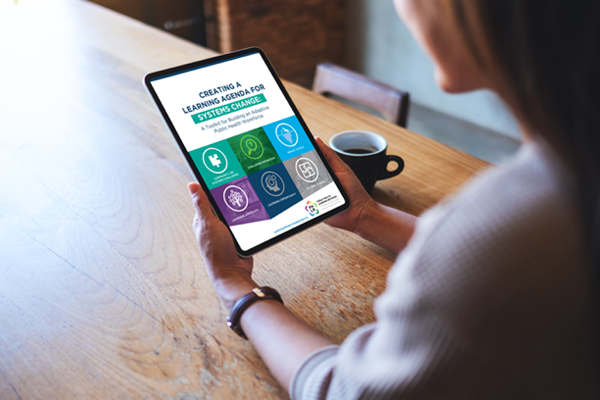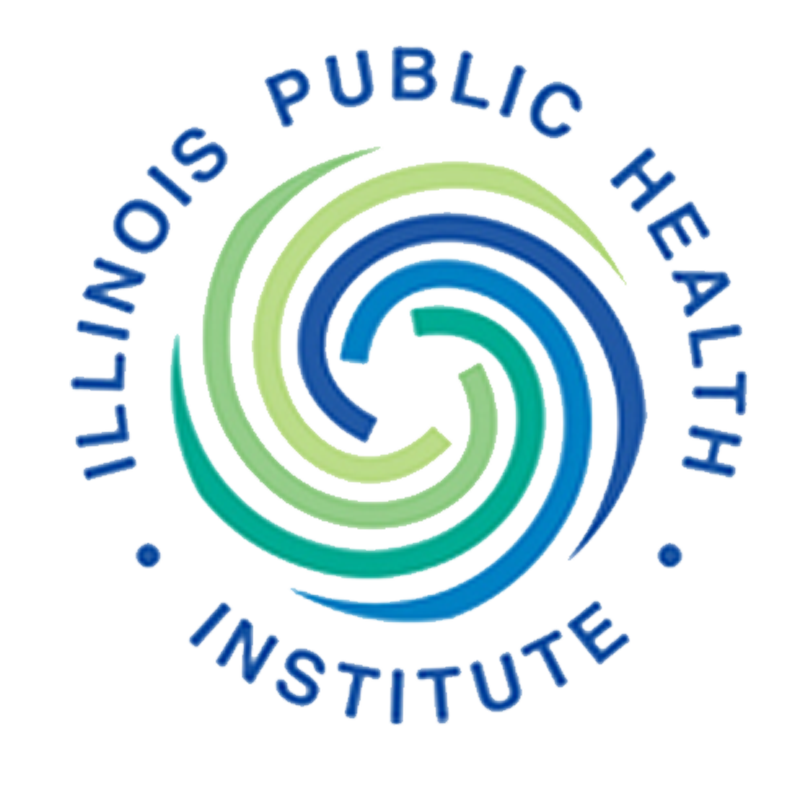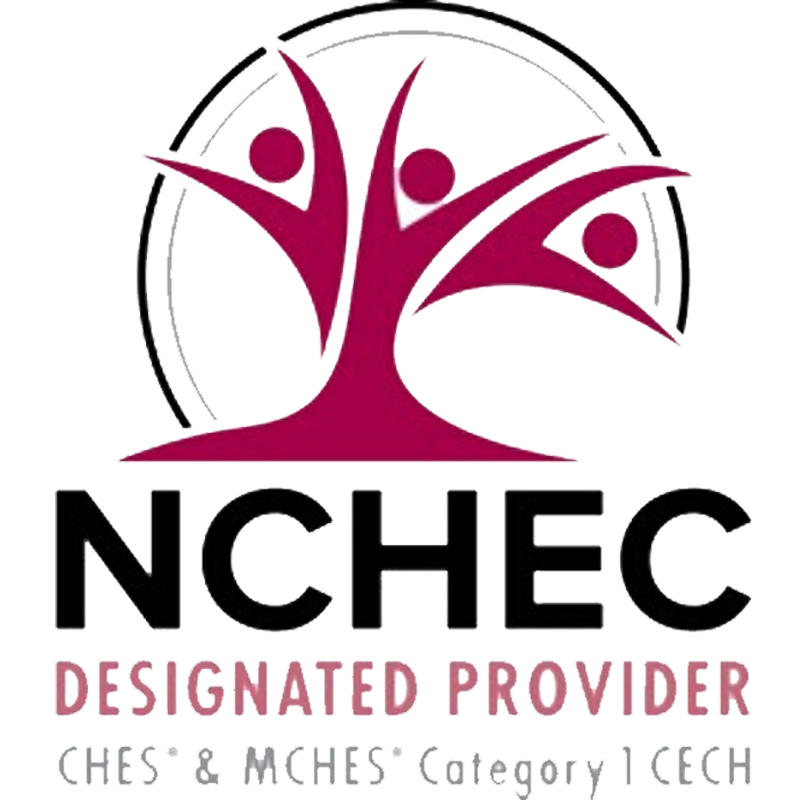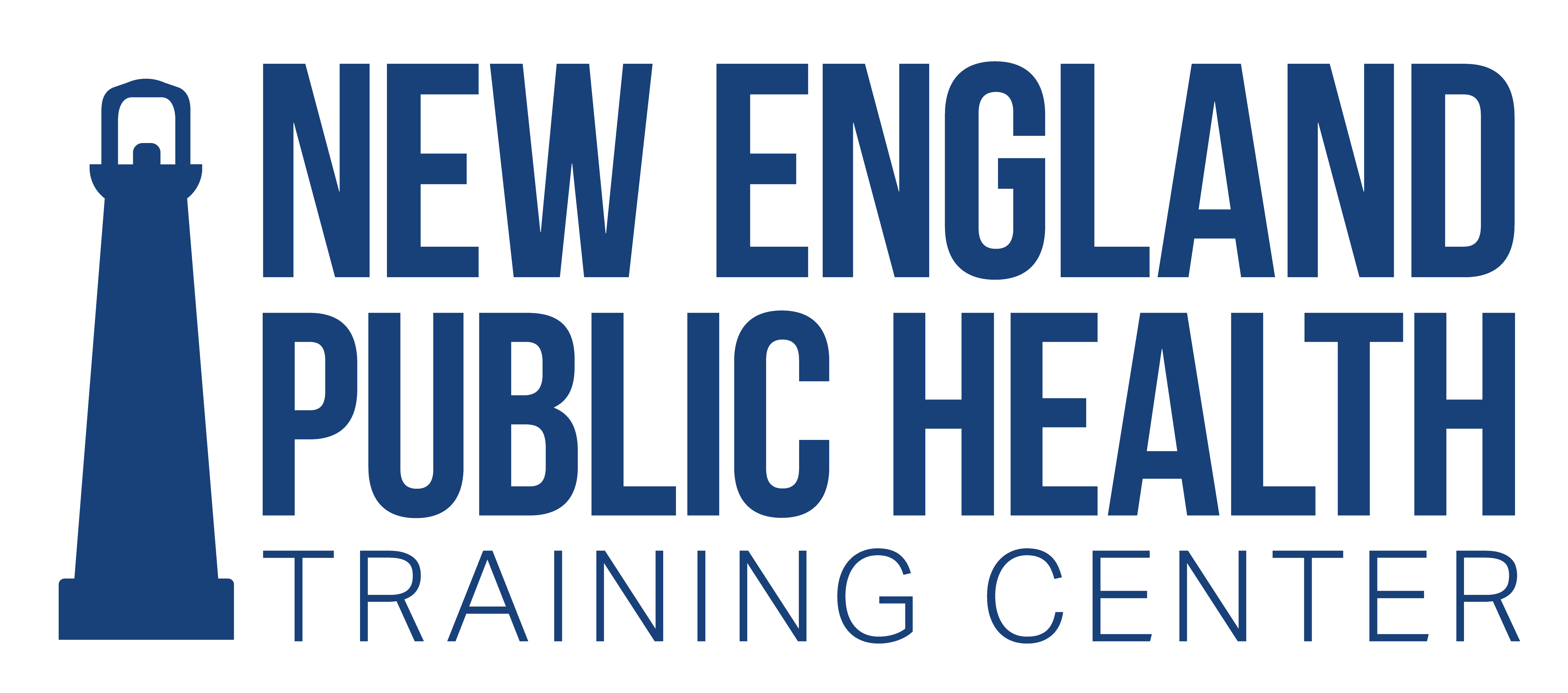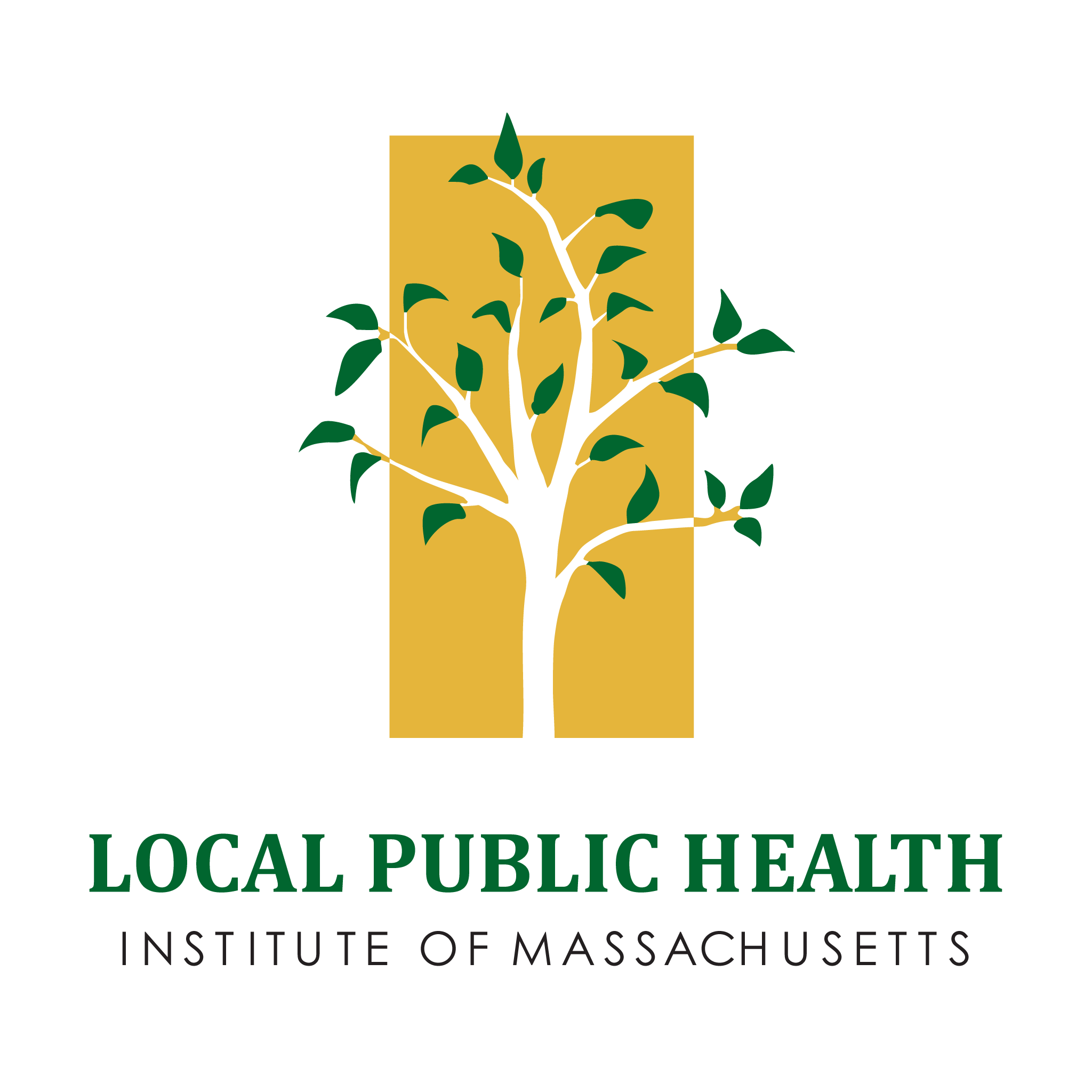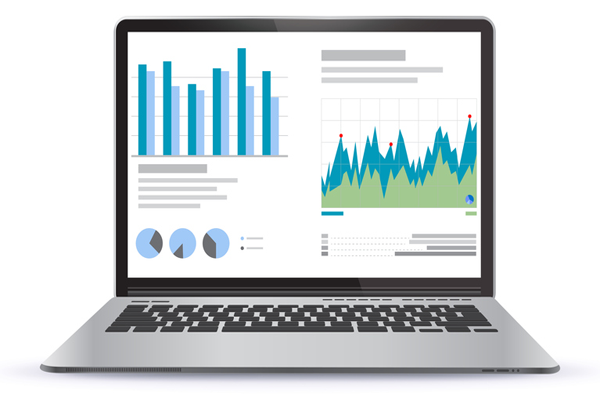
Course Information
- Audience: Public health workforce
- Format: Webinar
- Date/Time: Thursday, June 1, 2023
2:00 - 3:00 PM ET - Price: Free
- Length: 1 hour
- Credential(s) eligible for contact hours: Sponsored by New England Public Health Training Center (NEPHTC), a designated provider of continuing education contact hours (CECH) in health education by the National Commission for Health Education Credentialing, Inc. This program is designated for Certified Health Education Specialists (CHES) and/or Master Certified Health Education Specialists (MCHES) to receive up to 1 total Category I continuing education contact hours. Maximum advanced-level continuing education contact hours are 0. Provider ID: 1131137 Event ID: SS1131137_SSATFOPH
If you are not seeking a CHES/MCHES contact hours, if you complete the evaluation, you will receive a Certificate of Completion. The Certificate will include the length of the course. - Competencies: Policy Development and Program Planning Skills
- Learning Level: Awareness
- Companion Trainings: None
- Supplemental materials:None
- Pre-requisites: None
About this Webinar
Traditionally, public health and the medical society relied on abdicating the responsibility to the patient and expecting the patient to improve their health. For example, a pre-diabetic patient is given health and nutrition education and is expected to adjust their diet and exercise to improve their health, leaving the responsibility to the patient. In this webinar, the speaker will discuss the importance of building public health solidarity between the provider, public health professional, government agencies, and the community to respond effectively to various health conditions and future pandemics. This session will discuss the collective experience of COVID-19, rebuilding trust and expertise, and understanding risk mitigation. The speaker will present a COVID-19 case study and engage attendees in group discussions.
What you'll learn
After completing this course, participants will be able to:
- Discuss the collective experience of COVID-19.
- Explain how to rebuild trust and expertise post-COVID.
- Identify, prioritize, and evaluate risks.
This webinar is recorded and made available within 2 business days of the webinar close. Please log in to view the recording in the section "View a Recording of the Webinar. "
Subject Matter Expert
-

Mojgan (Mo) Sami, PhD, MA
Assistant Professor of Health Equity CSUF Dept. of Public Health MPH Internship Coordinator Co-Director, Health Equity for All Lab (HEAL) Faculty Advisor, SWANA
Mojgan Sami, PhD, MA, holds a doctorate in Urban Planning from the School of Social Ecology at the University of California, Irvine, with an emphasis on Public Health. She also holds a Master’s degree in International Law and Economics from Johns Hopkins School of Advanced International Studies. She teaches undergraduate courses in health equity and global health. Dr. Sami’s research interests include infrastructure and ecological impacts on health equity and wellbeing. Dr. Sami is the Co-Director of the Health Equity for All (HEAL) Lab at CSUF and sits on the Planetary Health Work Group of the International Union of Health Promotion & Education (IUHPE). She also served as an advisor for the World Health Organization TDR program.
Registration
Select the Enroll Me button below to register for this course. If you have any trouble accessing the course, contact support@nephtc.org.
Acknowledgement: This project is supported by the Health Resources and Services Administration (HRSA) of the U.S. Department of Health and Human Services (HHS) as part of award 2 UB6HP31685‐05‐00 “Public Health Training Centers.” The contents are those of the author(s) and do not necessarily represent the official views of, nor an endorsement, by HRSA, HHS or the U.S. Government.
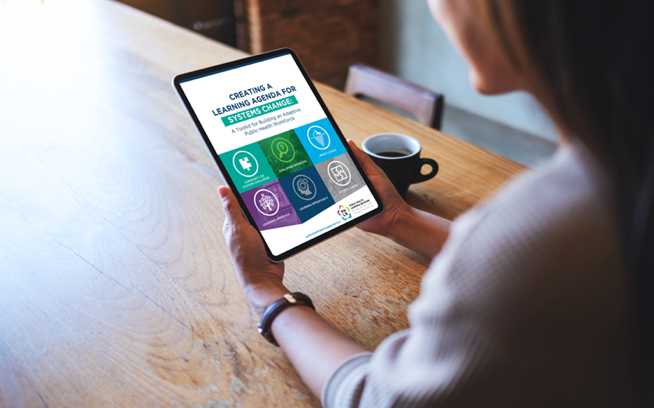
Creating a Learning Agenda for Systems Change
How can you design learning to support systems change?

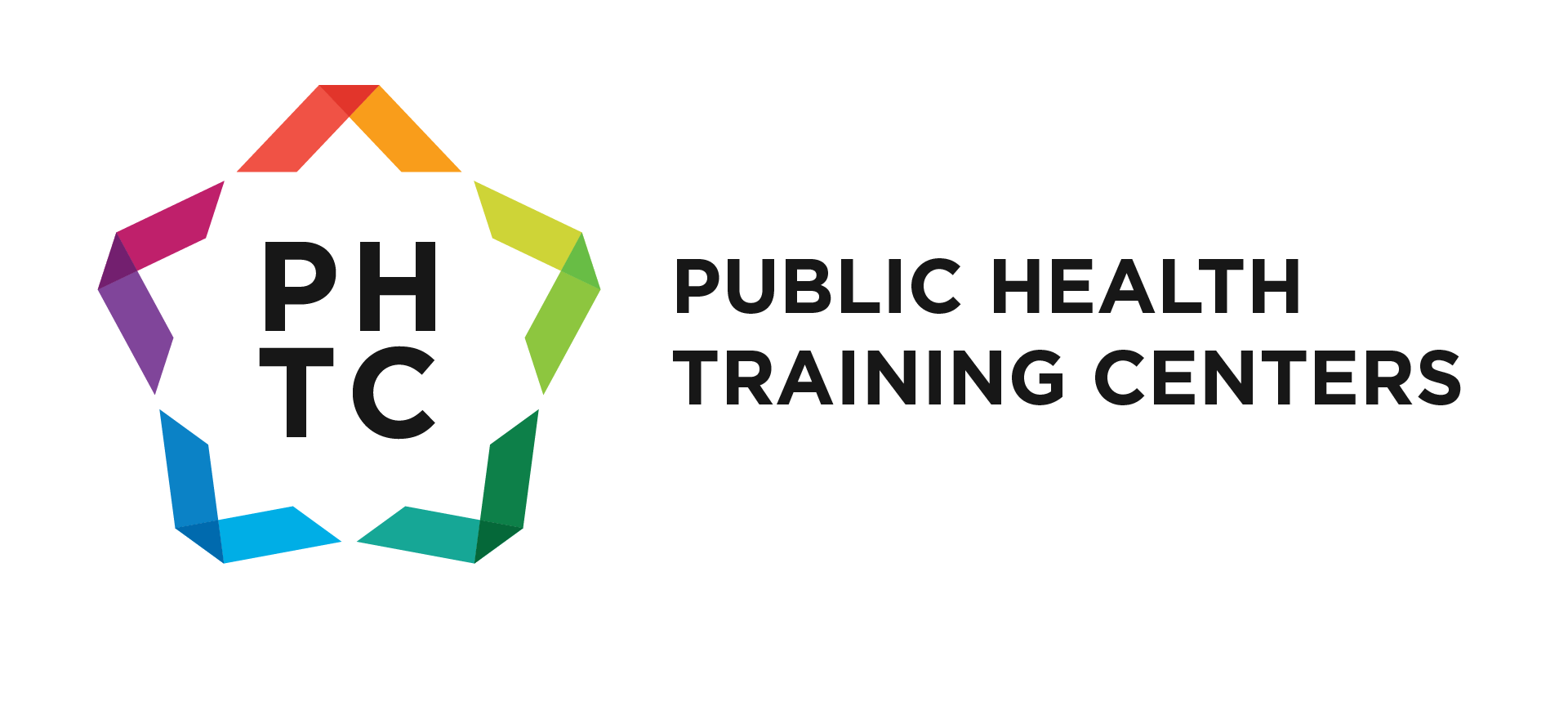




Register
Course Information
- Audience: Local, state, and tribal public health professionals; public health learning specialists and educators; workforce development teams; Leaders and team members influencing learning development.
- Format: Recorded Webinar
- Date/Time: Recorded on Tuesday, February 2, 2021, 2-3pm ET
- Price: Free
- Length: 1 hour
- Credential(s) eligible for contact hours: Sponsored by New England Public Health Training Center (NEPHTC), a designated provider of continuing education contact hours (CECH) in health education by the National Commission for Health Education Credentialing, Inc. This program is designated for Certified Health Education Specialists (CHES) and/or Master Certified Health Education Specialists (MCHES) to receive up to 1 total Category I continuing education contact hours. Maximum advanced-level continuing education contact hours are 1. Provider ID: 1131137 Event ID: SS1131137_CLASC.
If you are not seeking a CHES/MCHES contact hours, if you complete the post-test and evaluation, you will receive a Certificate of Completion. The Certificate will include the length of the course. - Competencies: Leadership and Systems Thinking Skills
- Learning Level: Awareness
- Companion Trainings: Introduction to
Systems Thinking
Using Systems Thinking Tools and Coaching in Public Health – Stories From the Field - Supplemental materials:Power point
- Pre-requisites: None
bout this Recording
Today’s challenges, like climate change and COVID-19, are complex and require public health professionals to lead large-scale changes that no one person or organization can solve alone. The Public Health Learning Network has developed the Learning Agenda
Toolkit to help workforce specialists and other leaders develop a coordinated system of effective, efficient, and quality learning to address these challenges.
This webinar reviews the origins of the toolkit and explores its key elements, including
a conceptual learning framework, rapid assessment tool, discussion guide, and learning approach planning tool, to help build a robust learning agenda and implement systems changes that improve health.
What you'll learn
At the end of the recording, participants will be able to:
- Review key elements of the Learning Agenda Toolkit.
- Consider how different learning approaches, implemented over time, can be used to build collective competency to address community challenges.
- Learn how to be involved in future pilot testing efforts for the toolkit.
Subject Matter Expert
This webinar recording will be co-presented by Christina Welter, DrPH, MPH and Karla Todd Barrett, MBA, MSM.
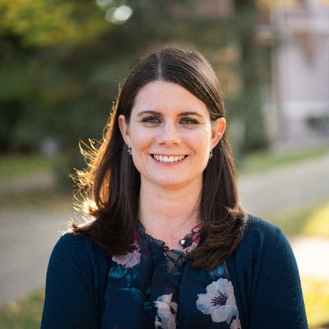
Christina R. Welter, DrPH, MPH
Director, DrPH in Leadership

Karla Todd Barrett, MBA, MSM
Senior Program Manager, Training Specialist
Dr. Welter is a policy practitioner, visionary leader, and practice-based researcher committed to helping organizations and their partners co-create equity-focused systems change. Among many roles, she is the Director of the DrPH in Leadership at the University of Illinois at Chicago School of Public Health. Dr. Welter specializes in engaged and applied mixed method research approaches that promote collaborative learning to develop, implement, and/or evaluate multi-level policy and systems initiatives that address the structural determinants of health.
A few of Dr. Welter’s current projects include serving as a Principal Investigator of the National Institute of Occupational Safety and Health funded Center for Healthy Work where she conducts an action research project to increase policy and systems strategies that addresses precarious work. She also serves as the Associate Director and Translation Investigator of the Centers for Disease Control-funded Policy, Practice and Prevention Research Center where she studies governmental public health agency readiness for strategic transformation. Dr. Welter is also currently leading the evaluation for the Cook County Department of Public Health’s Contract Tracing initiative, focused on a racial justice, community mobilization and worker-centered approach to Covid-19. Dr. Welter proudly served as one of the Deputy Incident Commanders for the Illinois Department of Public Health’s Covid-19 response Spring, 2020, helping the state to expand its strategic management and policy responses to the virus.
Ms. Todd Barrett is the Senior Program Manager and Training Specialist at the Boston University School of Public Health. She manages overall operations and partnerships for the New England Public Health Training Center (NEPHTC), including training delivery and development, data analysis, and governance. Ms. Todd has co-authored posters and presentations on NEPHTC training innovations and activity for NACCHO, APHA, NNPHI, SOPHE and NACCHO Emergency Preparedness.
Registration
Select the Enroll Me button below to register for this webinar recording. If you have any trouble accessing the recording, contact support@nephtc.org.
Acknowledgement: This project is/was supported by the Health Resources and Services Administration (HRSA) of the U.S. Department of Health and Human Services (HHS) under grant number UB6HP31685 “Regional Public Health Training Center Program.” This information or content and conclusions are those of the author and should not be construed as the official position or policy of, nor should any endorsements be inferred by HRSA, HHS or the U.S. Government.

Deepening Your Impact, Part III: Recording Quality Audio in our Public Health Environment
Is poor audio quality ruining your trainings?

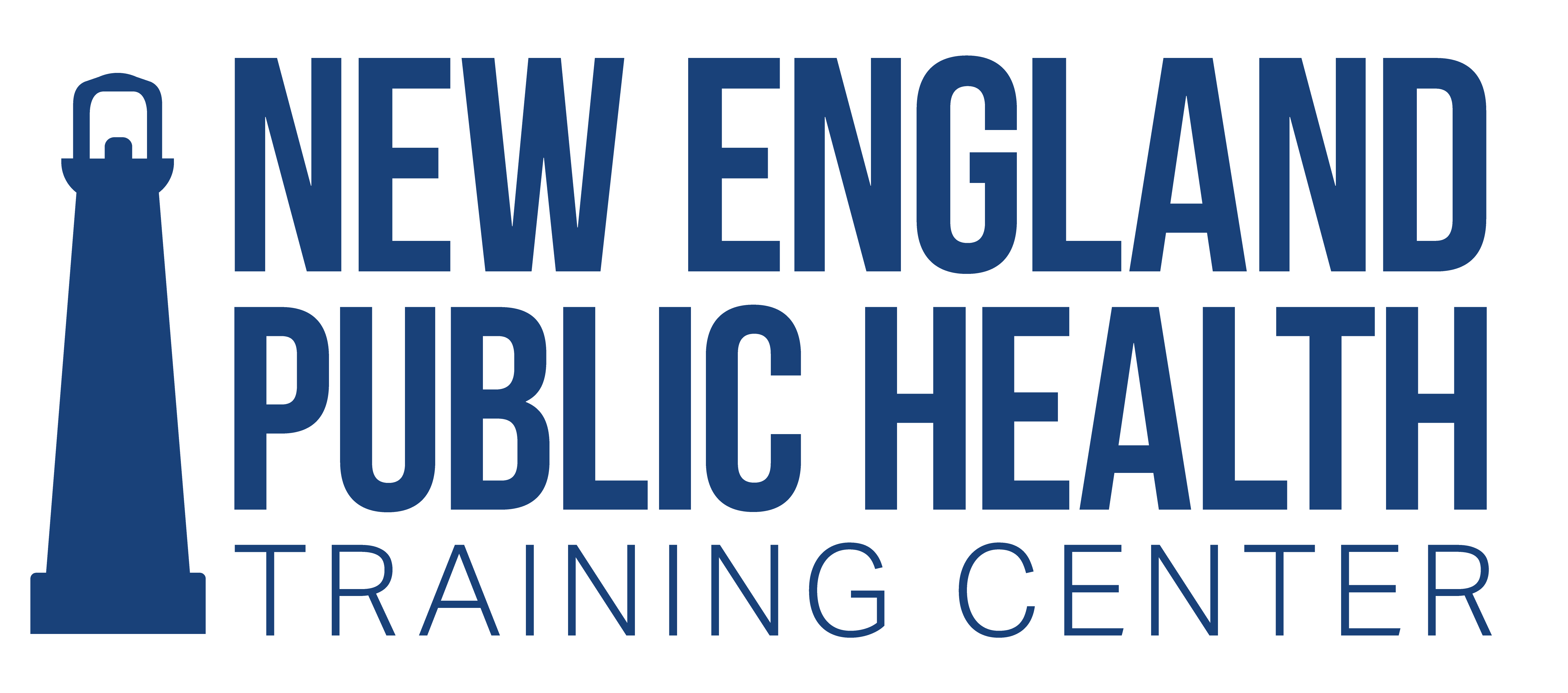
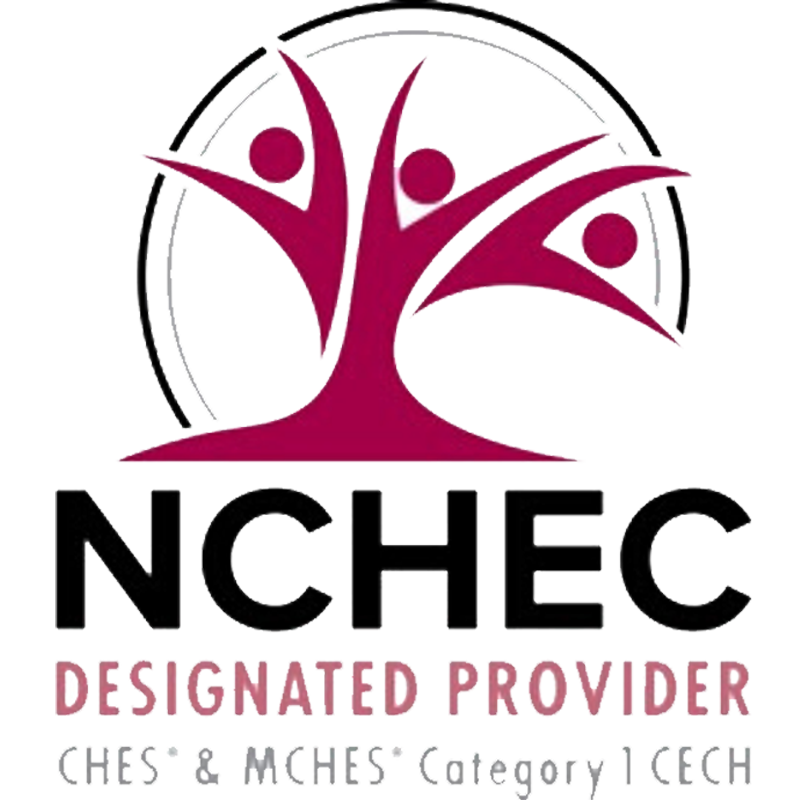
Course Information
- Audience: Public health professionals
- Format: Webinar
- Date/Time: Thursday, December 2nd 2021 12:00 PM – 1:00 PM EST.
- Price: Free
- Length: 1 hour
- Credential(s) eligible for contact hours: Sponsored by New England Public Health Training Center (NEPHTC), a designated provider of continuing education contact hours (CECH) in health education by the National Commission for Health Education Credentialing, Inc. This program is designated for Certified Health Education Specialists (CHES) and/or Master Certified Health Education Specialists (MCHES) to receive up to 1 total Category I continuing education contact hours. Maximum advanced-level continuing education contact hours are 1. Provider ID: 1131137 Event ID: PM1131137_12022021.
If you are not seeking a CHES/MCHES contact hours, if you complete the post-test and evaluation, you will receive a Certificate of Completion. The Certificate will include the length of the course.
- Competencies: Policy Development and Program Planning Skills, Communication Skills, Health Equity Skills
- Learning Level: Performance
- Companion trainings: Deepening Your Impact for Self-Paced Trainings: Scoping Down Trainings to be More Action Oriented
Deepening Your Impact for Self-Paced Trainings: Considerations when Choosing Voices and How to Use Relatable Language - Supplemental materials: None
- Pre-requisites: None
About this workshop
Deepening Your Impact, Part III: Recording Quality Audio in our Public Health Environment
The goal of this webinar is to teach teach people without a background in audio engineering how to get great sound from home recordings. You’ll learn to teach your speakers about technical aspects of recording as well as coach them to elicit an
engaging and credible delivery of the content. You’ll also learn the next steps to take after recording to ensure high quality sound for your online trainings.
What you'll learn
After completing this course, participants will be able to...
- Explain the importance of using high quality audio for online trainings.
- Describe characteristics of ideal recording environments.
- Demonstrate the process of using a cell phone to record quality audio.
- Describe strategies for coaching speakers to deliver engaging and credible readings.
Subject Matter Experts
-
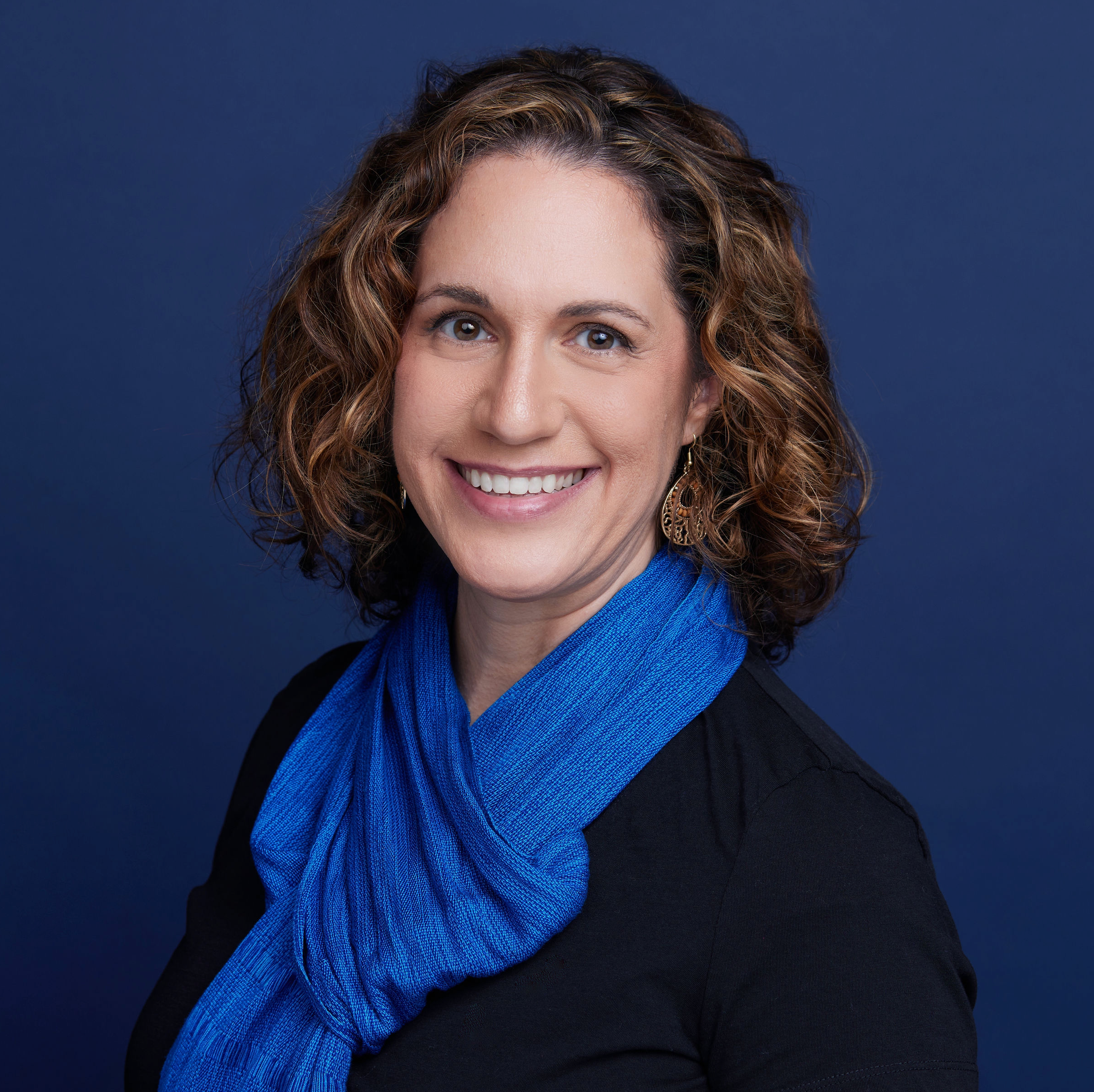
Dr. Ariela Freedman, PhD, MPH, MAT
Dr. Ariela Freedman is an experienced trainer with over 20 years of experience in education and public health, including CDC, state and local public health departments, Head Start, camps and afterschool programs, nonprofits, and public schools. She also works with corporate clients and health care professionals, with a specific focus on empowering women. Ariela’s workshops are known for being interactive, creative, fun, and designed for immediate use. Ariela has a PhD in Behavioral Sciences and Health Education from Emory University and an MPH from the University of Minnesota. Ariela also has a Master of Arts in Teaching and a BA in English Literature. Ariela is the Owner and Founder of MavenTree Consulting and an Adjunct Assistant Professor at Emory University. Ariela began her career as a high school English, Drama, and Debate teacher in Chicago. She later directed health programming at Head Start in Minneapolis, then served as an Assistant Professor in the Rollins School of Public Health at Emory University.
-

Will Robertson
Will Robertson is an accomplished producer, Grammy-nominated engineer, and sought-after performer. Based in Atlanta, Will has worked or performed with Grammy-winning and -nominated hit makers such as John Mayer, Ruthie Foster, Clay Cook (Zac Brown Band), Shawn Mullins ("Lullaby"), and Pat Sansone (Wilco). Will has also produced, arranged for, and recorded artists such as Rebecca Loebe (featured on NBC's "The Voice"), David Berkeley and Eliot Bronson. Will's work has been featured on TV, radio and streaming services worldwide.
Will holds a bachelor of arts in music from Rice University, where he studied double bass performance, as well as conducting and composition. He graduated from Berklee College of Music's music production and engineering program, and teaches production classes at Berklee Online. He is a multi-instrumentalist, playing upright/electric bass, guitar, and piano, and he has played in, sung in, directed or conducted a variety of ensembles in styles such as singer-songwriter, bluegrass, rock, blues, musical theater, and classical.
.Enrollment and Contact Hours
Select the Enroll button below to register for the course. If you have any trouble accessing the course, contact support@nephtc.org.
Acknowledgement:
This project is/was supported by the Health Resources and Services Administration (HRSA) of the U.S. Department of Health and Human Services (HHS) under grant number UB6HP31685 “Regional Public Health Training Center Program.” This information or content and conclusions are those of the author and should not be construed as the official position or policy of, nor should any endorsements be inferred by HRSA, HHS or the U.S. Government.
* Yale School of Public Health, Office of Public Health Practice, a New England Public Health Training Center partner, is a designated provider of continuing education contact hours (CECH) in health education by the National Commission for Health Education Credentialing, Inc. All CHES credit inquiries are managed by YSPH

Deepening Your Impact, Part II: Considerations When Choosing Voices and How to Use Relatable Language
Are your training
scripts and voices relatable to your audience?

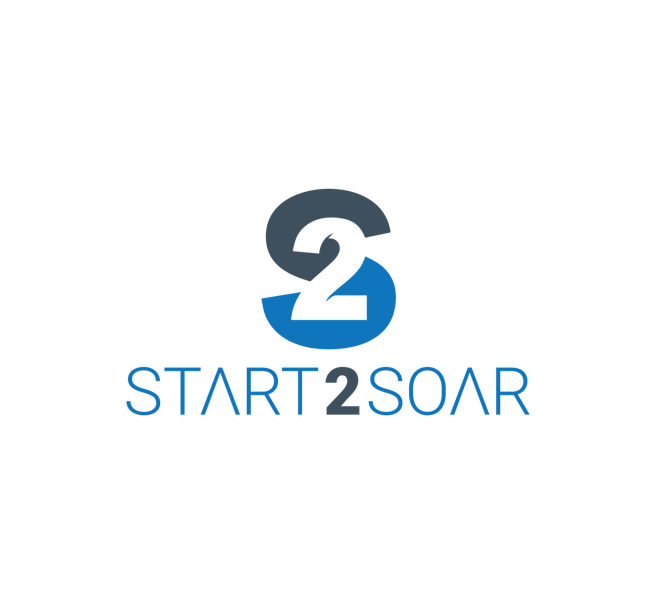

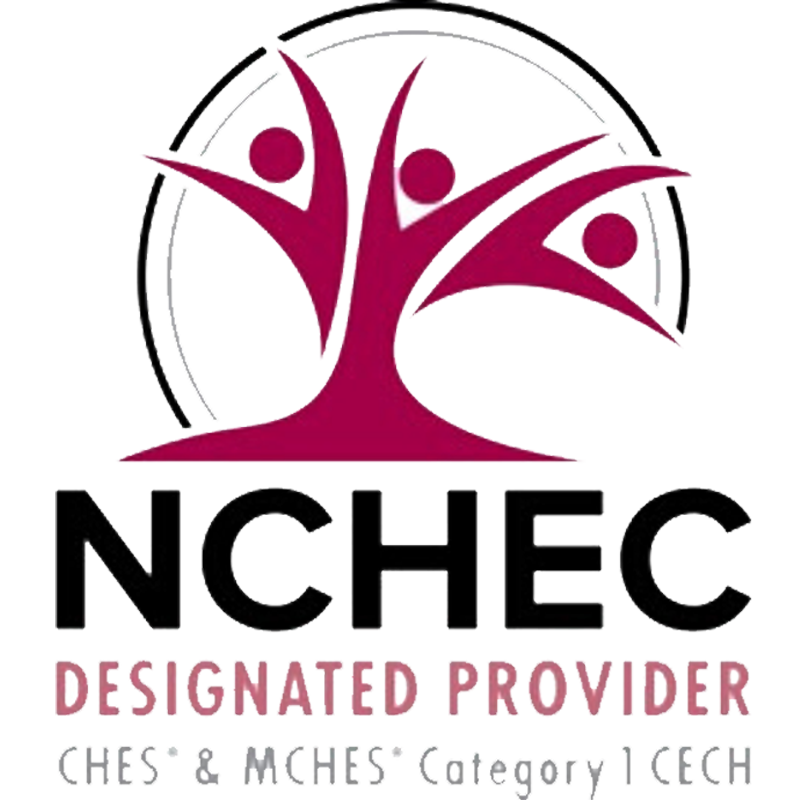
Course Information
- Audience: Public health professionals
- Format: Webinar
- Date/Time: Wednesday, November 3rd 2021 12:00 PM – 1:00 PM EST.
- Price: Free
- Length: 1 hour
- Credential(s) eligible for contact hours: Sponsored by New England Public Health Training Center (NEPHTC), a designated provider of continuing education contact hours (CECH) in health education by the National Commission for Health Education Credentialing, Inc. This program is designated for Certified Health Education Specialists (CHES) and/or Master Certified Health Education Specialists (MCHES) to receive up to 1 total Category I continuing education contact hours. Maximum advanced-level continuing education contact hours are 1. Provider ID: 1131137 Event ID: PM1131137_11032021.
If you are not seeking a CHES/MCHES contact hours, if you complete the post-test and evaluation, you will receive a Certificate of Completion. The Certificate will include the length of the course.
- Competencies: Communication Skills
- Learning Level: Performance
- Companion trainings: Deepening Your Impact for Self-Paced Trainings: Scoping Down Trainings to be More Action Oriented
Deepening Your Impact for Self-Paced Trainings: Recording Quality Audio in Our Public Health Environment - Supplemental materials: None
- Pre-requisites: None
About this workshop
Deepening Your Impact, Part II: Considerations When Choosing Voices and How to Use Relatable Language
The goal of this webinar is to teach creators of online courses how to choose voices that will reflect and resonate with their participants, as well as how to communicate in straightforward language. This webinar combines the approaches of Diversity, Equity, and Inclusion alongside Health Literacy to teach a framework for intentional decision-making about languages and voices.
Learning objectives
After completing the workshop, participants will be able to:
- Make intentional choices for voiceover selection by identifying the dimensions of diversity relevant for a given training.
- Make intentional choices for voiceover roles by identifying potential assumptions and biases as well as characteristics of promising individuals.
- Use a health literacy framework to adapt course language for intended participants.
- Identify next steps for building a diverse network of people to record voiceovers.
Subject Matter Expert
-

Dr. Ariela Freedman, PhD, MPH, MAT
Dr. Ariela Freedman is an experienced trainer with over 20 years of experience in education and public health, including CDC, state and local public health departments, Head Start, camps and afterschool programs, nonprofits, and public schools. She also works with corporate clients and health care professionals, with a specific focus on empowering women. Ariela’s workshops are known for being interactive, creative, fun, and designed for immediate use. Ariela has a PhD in Behavioral Sciences and Health Education from Emory University and an MPH from the University of Minnesota. Ariela also has a Master of Arts in Teaching and a BA in English Literature. Ariela is the Owner and Founder of MavenTree Consulting and an Adjunct Assistant Professor at Emory University. Ariela began her career as a high school English, Drama, and Debate teacher in Chicago. She later directed health programming at Head Start in Minneapolis, then served as an Assistant Professor in the Rollins School of Public Health at Emory University.
Contributors

Jamie Berberena
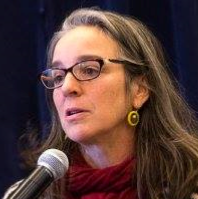
McKenzie Wren

Patrice Holt
Jamie Berberena is a CHW and serves as Regional Chapter Leader in Southeastern Massachusetts and Advisory Board member for the Massachusetts Association of Community Health Workers.
McKenzie Wren launched Wren Consulting in 2015 and has served nearly 50 client-partners since then ranging from single sessions to multiyear relationships. McKenzie earned her master’s degree from Emory University’s Rollins School of Public Health where she also taught students on leadership and community engagement. She worked in Clarkston, GA, called “the most diverse square miles in the US,” for 10 years including serving as Executive Director at the Clarkston Community Center where she honed her facilitation skills. She has a background in storytelling and performance and is also trained in Asset-based Community Development and the Collaborative Operating System as well as drawing from the deep wisdom of the Presencing Institute and the Art of Hosting.
In 2018, Patrice founded Start2Soar, LLC whose purpose is to create a network of adults that are dedicated to becoming champions of youth. Start2Soar, LLC also works to increase diversity, equity, and inclusion within organizations and within communities. She coaches professionals and organizations to meet their impact goals with organizational sustainability in mind. As the recipient of the inaugural Leadership Award at the 2018 Georgia After-school and Youth Development due to her work in leading and progressing after-school services throughout Georgia. In 2018, Patrice also received a special Outstanding Service award from The Salvation Army Metro Atlanta Area Command. Patrice currently serves as a Quality Coach for Georgia Statewide After-school Network, and facilitates training all over the country focused on diversity, equity, and inclusion . Throughout Patrice’s career she has been instrumental in supporting organizations and teams with implementing turnaround strategies that create substantive positive change for work teams and the communities they serve. She has several years of experience facilitating large and small scale conversations about shifting the culture of organizations to focus on diversity, equity, and inclusion. Patrice believes that all organizations can mobilize to find their SOAR strategies for successful outcomes.
Enrollment and Contact Hours
Select the Enroll button below to register for the course. If you have any trouble accessing the course, contact support@nephtc.org.
Acknowledgement:
This project is/was supported by the Health Resources and Services Administration (HRSA) of the U.S. Department of Health and Human Services (HHS) under grant number UB6HP31685 “Regional Public Health Training Center Program.” This information or content and conclusions are those of the author and should not be construed as the official position or policy of, nor should any endorsements be inferred by HRSA, HHS or the U.S. Government.
* Yale School of Public Health, Office of Public Health Practice, a New England Public Health Training Center partner, is a designated provider of continuing education contact hours (CECH) in health education by the National Commission for Health Education Credentialing, Inc. All CHES credit inquiries are managed by YSPH

Deepening Your Impact for Self-Paced Trainings, Part I: Scoping Down Trainings to be More Action-Oriented
Do you have a hard time distinguishing the “nice to know content” from the “need to know content” when creating a course?


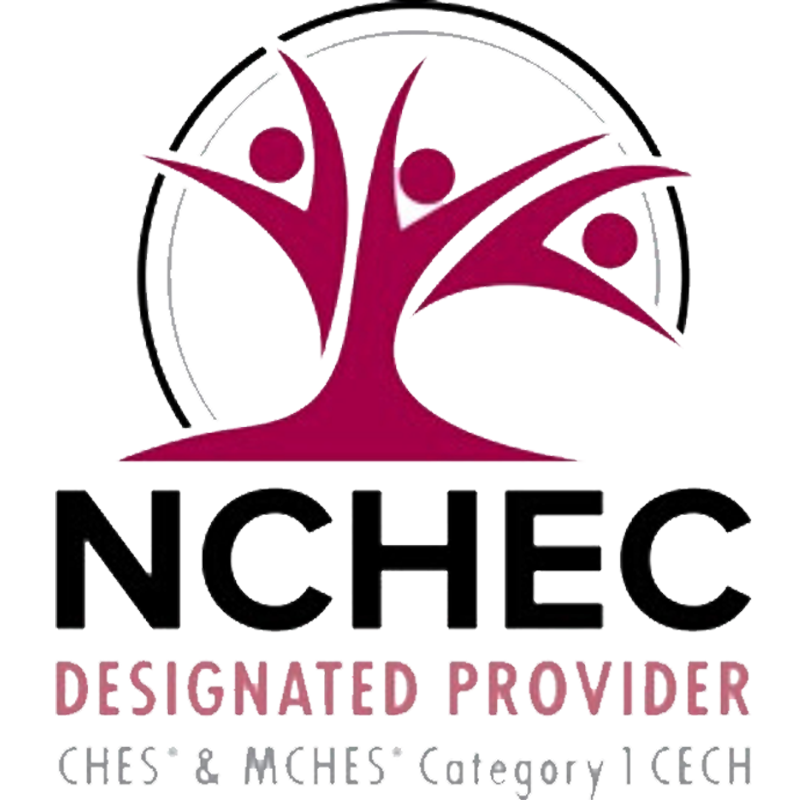
Course Information
- Audience: Public health professionals
- Format: Webinar
- Date/Time: Thursday, October 7th 2021 12:00 PM – 1:00 PM EST.
- Price: Free
- Length: 1 hour
- Credential(s) eligible for contact hours: Sponsored by New England Public Health Training Center (NEPHTC), a designated provider of continuing education contact hours (CECH) in health education by the National Commission for Health Education Credentialing, Inc. This program is designated for Certified Health Education Specialists (CHES) and/or Master Certified Health Education Specialists (MCHES) to receive up to 1 total Category I continuing education contact hours. Maximum advanced-level continuing education contact hours are 1. Provider ID: 1131137 Event ID:
PM1131137_10072021.
If you are not seeking a CHES/MCHES contact hours, if you complete the post-test and evaluation, you will receive a Certificate of Completion. The Certificate will include the length of the course. - Competencies: Communication Skills
- Learning Level: Performance
- Companion trainings: Deepening Your Impact for Self-Paced Trainings: Considerations When Choosing Voices and How to Use Relatable Language
Deepening Your Impact for Self-Paced Trainings: Recording Quality Audio in Our Public Health Environment - Supplemental materials: None
- Pre-requisites: None
About this workshop
Deepening Your Impact
In a time with limited resources and limited attention spans, this 3-part webinar series is designed to help you deepen the impact of your self-paced trainings. In the first webinar, you’ll learn how to pare down the content of your trainings to focus on the skills your participants need most. In the second webinar, you’ll learn how to communicate in straightforward language and choose voices that will reflect and resonate with your participants. In the final webinar, you’ll learn how to record quality audio from home so you can maximize resources for your training.
Part 1: Scoping Down Trainings to be More Action-Oriented
You’ll learn a 4-question framework to use when creating online trainings. We’ll be discussing this framework as applied to the development of a recent online training for dental hygienists.
What you'll learn
After completing this course, participants will be able to...
- Distinguish between the “nice to know” and the “need to know” information for a training
- Identify the knowledge, skills, and mindsets for each training you design
- Communicate the behavior changes you hope to result from your trainings
- Explain the “north star” for your trainings that will guide your decision-making
Subject Matter Expert
Dr. Ariela Freedman is an experienced trainer with over 20 years of experience in education and public health, including CDC, state and local public health departments, Head Start, camps and afterschool programs, nonprofits, and public schools. She also works with corporate clients and health care professionals, with a specific focus on empowering women. Ariela’s workshops are known for being interactive, creative, fun, and designed for immediate use. Ariela has a PhD in Behavioral Sciences and Health Education from Emory University and an MPH from the University of Minnesota. Ariela also has a Master of Arts in Teaching and a BA in English Literature. Ariela is the Owner and Founder of MavenTree Consulting and an Adjunct Assistant Professor at Emory University. Ariela began her career as a high school English, Drama, and Debate teacher in Chicago. She later directed health programming at Head Start in Minneapolis, then served as an Assistant Professor in the Rollins School of Public Health at Emory University.
Enrollment and Contact Hours
Select the Enroll button below to register for the course. If you have any trouble accessing the course, contact support@nephtc.org.
Acknowledgement:
This project is/was supported by the Health Resources and Services Administration (HRSA) of the U.S. Department of Health and Human Services (HHS) under grant number UB6HP31685 “Regional Public Health Training Center Program.” This information or content and conclusions are those of the author and should not be construed as the official position or policy of, nor should any endorsements be inferred by HRSA, HHS or the U.S. Government.
* Yale School of Public Health, Office of Public Health Practice, a New England Public Health Training Center partner, is a designated provider of continuing education contact hours (CECH) in health education by the National Commission for Health Education Credentialing, Inc. All CHES credit inquiries are managed by YSPH

Data for Decision-Making: The Cornerstone of Public Health Practice
Why are reliable data so important and what public health data is available in New Hampshire



Register
Course Information
- Audience: Public health workforce
- Format: Webinar
- Date/Time: Tuesday, June 21st, 2022 11:00 am - 12:30 pm ET
- Price: Free
- Length: 1.5 hours
- Credential(s) eligible for contact hours: Sponsored by New England Public Health Training Center (NEPHTC), a designated provider of continuing education contact hours (CECH) in health education by the National Commission for Health Education Credentialing, Inc. This program is designated for Certified Health Education Specialists (CHES) and/or Master Certified Health Education Specialists (MCHES) to receive up to 1 total Category I continuing education contact hours. Maximum advanced-level continuing education contact hours are 0. Provider ID: 1131137 Event ID: PM1131137_06212022.
If you are not seeking a CHES/MCHES contact hours, if you complete the evaluation, you will receive a Certificate of Completion. The Certificate will include the length of the course. - Competencies: Data Analytics and Assessment Skills
- Learning Level: Awareness and Performance
- Companion Trainings: None
- Supplemental materials:None
- Pre-requisites: None
About this Webinar
Reliable data is necessary for public health, in every aspect of practice. In this session, the presenters will talk about the variety of ways data are critical to public health and discuss some of the common data used in public health. The presenters will provide examples of resources available for public health professionals in NH.
What you'll learn
After completing this course, participants will be able to:
- Locate common public health data
- Explain how to use data when making decisions
Subject Matter Experts
-

Amy Costello
MPH, Director, Center for Health Analytics, Institute for Health Policy and Practice, UNH -
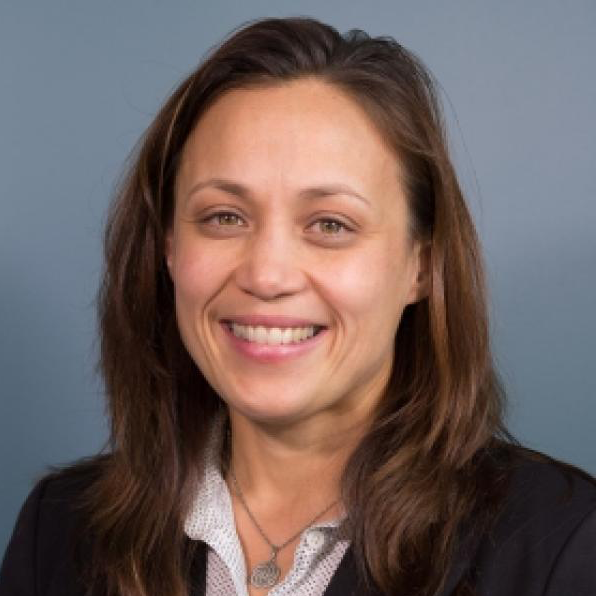
Josephine Porter
MPH, Director,
Institute for Health
Policy and Practice,
UNH -
William Moir
MPH, Chief Health Statistics and Data Management, NH Division of Public Health Services -
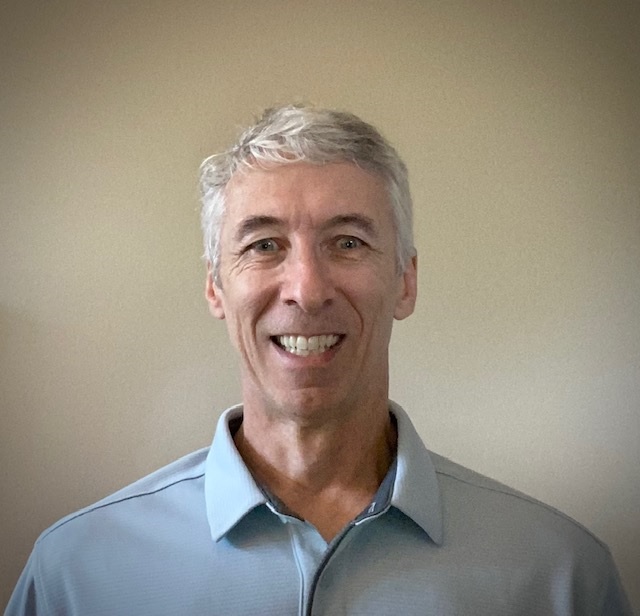
Al Lemay (CAS’99, SPH’01)
Business Systems
Analyst,
NH Division
of Public Health Services -
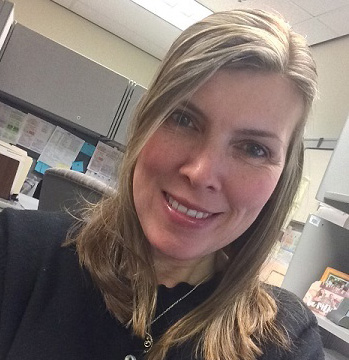
Lynne Clement
NH Radon Program Manager and Communications Specialist
Amy Costello is the Director of Health Analytics and Informatics at the Institute for Health Policy and Practice. With the Center Health Analytics, Amy works closely with the IHPP analytic team to develop information and data system solutions for clients like the NH Department of Health and Human Services, NH Purchasers Group, Accountable Care Learning Network, and Maine Quality Counts. Amy is also actively engaged with the APCD Council, a federation of organizations and state agencies that are interested in the development, standardization and utility of all-payer healthcare claims databases. Amy brings years of experience with health data standards initiatives, and works closely with states, payers, and Data Standards Maintenance Organizations to design solutions for reporting to federal and state data agencies.
Josephine Porter, MPH, serves as the Director for the Institute for Health Policy and Practice. Jo joined the Institute in December 2007, as a project director. She served as the Deputy Director for several years, before becoming the Director in 2015. Jo oversees operational functions across IHPP. She also co-chairs the All-Payer Claims Database Council (APCD Council) and serves on the Governor’s Commission for Medicaid Care Management. Jo is part of Academy Health’s State-University Partnership Learning Network and is a steering committee member for that group. She also serves on the UNH Analytics Steering Committee. Jo brings many years of health care-related project management and program development experience to IHPP. She has private sector experience, including program management with Health Dialog, Inc., a care management firm. She also previously served as the Associate Director of the New Hampshire Health Information Center at UNH and was the NH BRFSS state coordinator for the NH Department of Health and Human Services. Her research interests are in health data collection and dissemination and using data to effectively improve health care quality.
William Moir
Al Lemay
Lynne Clement
Registration
Select the Enroll Me button below to register for this recording. If you have any trouble accessing the recording, contact support@nephtc.org.
Acknowledgement: This project is/was supported by the Health Resources and Services Administration (HRSA) of the U.S. Department of Health and Human Services (HHS) under grant number UB6HP31685 “Regional Public Health Training Center Program.” This information or content and conclusions are those of the author and should not be construed as the official position or policy of, nor should any endorsements be inferred by HRSA, HHS or the U.S. Government.

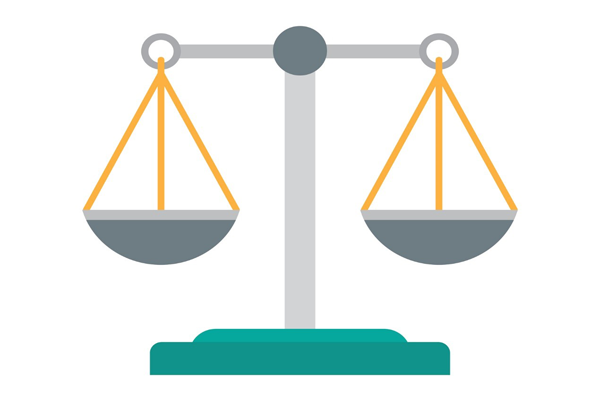
Lobbying and Advocacy: A Primer for New Hampshire Non-Profit Advocates
Learn more about this webinar!
Lobbying and Advocacy: A Primer for New Hampshire Non-Profit Advocates
What is the difference between advocacy, direct lobbying, and grassroots lobbying?




Register
Course Information
- Audience: Community health centers, community health workers, school staff, public health, non-profit organizations, legislative employees
- Format: Online webinar
- Price: Free
- Length: 2 hours
- Credential(s) eligible for contact hours: Certificate of completion only
- Competencies: Communication Skills
- Learning Level: Awareness
- Companion trainings: Persuasive Communications 1, 2, 3
- Supplemental materials: PowerPoint slides
- Pre-requisites: None
About this Webinar
What can you do as a non-profit or public health official? What are the legal sources of lobbying restrictions? What is the difference between advocacy, direct lobbying, and grassroots lobbying?
What you'll learn
At the end of the course, participants will be able to:
- Identify the legal sources of lobbying restrictions.
- Define and describe advocacy, direct lobbying, and grassroots lobbying and the difference between these terms.
- Describe federal lobbying restrictions and the impact these restrictions have on public health officials and advocates in non-profits.
- Describe New Hampshire laws relative to lobbying and advocacy.
Subject Matter Experts
 Kerri McGowan Lowrey, JD, MPH
Kerri McGowan Lowrey, JD, MPH
Deputy Director James (Jim) Monahan
James (Jim) Monahan
Vice President
The Dupont Group
Registration and Contact Hours
Select the Enroll button below to register for this webinar. If you have any trouble accessing the webinar, contact trainingmanager@nephtc.org.
The Certificate of Completion will include the length of the webinar. Generally 50 – 60 minutes is equivalent to 1 contact hour. Contact hours may be applicable towards continuing education requirements for certain credentials. Check with your credentialing body to verify if the topic meets its continuing education requirements.

Using Systems Thinking Tools and Coaching in Public Health – Stories From the Field
Does it seem no matter how hard you try to improve performance and outcomes, the “system” just keeps pushing back?
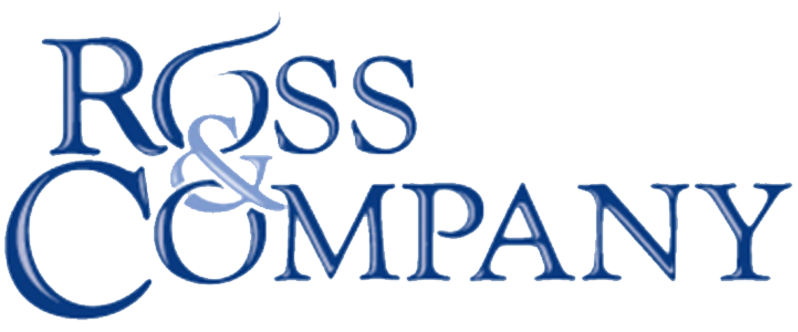


Register
Course Information
- Audience: Public health professionals, behavioral health, community organizations
- Format: Webinar
- Date/Time: November 12, 2019
12:00 - 1:00 PM EST - Price: Free
- Length: 1 hour
- Credential(s) eligible for contact hours: Sponsored by New England Public Health Training Center (NEPHTC), a designated provider of continuing education contact hours (CECH) in health education by the National Commission for Health Education Credentialing, Inc. This program is designated for Certified Health Education Specialists (CHES) and/or Master Certified Health Education Specialists (MCHES) to receive up to 1 total Category I continuing education contact hours. Maximum advanced-level continuing education contact hours are 1. Provider ID: 1131137 Event ID: SS1131137_IST.
If you are not seeking CHES/MCHES contact hours, if you complete the evaluation, you will receive a Certificate of Completion. The Certificate will include the length of the course. - Competencies: Leadership and Systems Thinking Skills
- Learning Level: Awareness
- Companion Trainings: On-line Training One-day live training Coaching
- Supplemental materials:Session PowerPoint
- Pre-requisites:None
About this Webinar
The fast pace and pressures experienced in public health often demand short term and immediate actions without thoughtful consideration of the long-term effects. When people are able to look at situations from a bigger picture, systems view, it allows them to make higher quality decisions and minimizes unintended consequences. One of the most significant contributions to building this capacity is Systems Thinking.
Systems Thinking is a practical, results-oriented approach for better understanding the underlying causes of complex issues. This webinar will introduce systems thinking tools and present two recent examples of public health teams who have engaged with systems thinking tools and received coaching, with very positive results!
- Example 1: one of of three teams coached from the Vermont Department of Health that focused on reducing the case processing backlog in their Cancer Registry Department
- Example 2: one of five teams coached from NNPHI's Strategic Scholars Program that focused on the challenges local health departments have in prioritizing and integrating behavioral health services
What you'll learn
At the end of the course, participants will be able to:
- Define systems thinking
- Explain the Iceberg Model and Ladder of Inference
- Give an example of an improvement by a public health team using systems thinking coaching
Subject Matter Expert
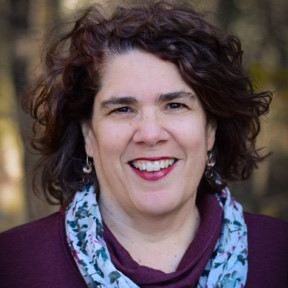
Julia Ross, Systems Thinking Consultant
Ross & Company, Inc.

Course Information
- Audience: Community health workers, public health professionals, nurses, people working with populations requiring chronic care
- Format: Webinar
- Date/Time: March 19, 2020
12:00 - 1:00 PM EST - Price: Free
- Length: 1 hour
- Credential(s) eligible for contact hours: Sponsored by New England Public Health Training Center (NEPHTC), a designated provider of continuing education contact hours (CECH) in health education by the National Commission for Health Education Credentialing, Inc. This program is designated for Certified Health Education Specialists (CHES) and/or Master Certified Health Education Specialists (MCHES) to receive up to 1 total Category I continuing education contact hour. Maximum advanced-level continuing education contact hour is 1. Provider ID: 1131137 Event ID: PM1131137_03192020.
If you are not seeking a CHES/MCHES contact hours, If you complete the evaluation, you will receive a Certificate of Completion. The Certificate will include the length of the course. - Competencies: Leadership and Systems Thinking Skills
- Learning Level: Performance
- Companion Trainings: None
- Supplemental materials: Session PowerPoint
- Pre-requisites: None
About this Webinar
One thing for certain, change is inevitable. Reorganization, funding loss or gain, leadership, emerging community issues, policy changes – the list is endless. Like it or not, change happens. Learn to anticipate and embrace change, thrive in an ever changing environment, and bring others on the journey with you.
What you'll learn
At the end of the course, participants will be able to:
- Describe strategies to overcome the fear of change in yourself and others.
- Identify ways to anticipate and prepare for change.
- Define strategies to support team members in a changing environment.
Subject Matter Expert
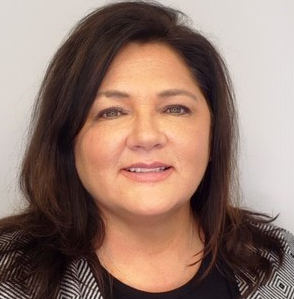
Laurie Call
Laurie Call serves as the Director of the Center for Community Capacity Development (CCCD) at the Illinois Public Health Institute. Over the past 12 years, Call built the Center from its roots as a community health assessment and planning training and TA program into a public health systems and performance improvement consultation provider serving clients across the United States. With a focus on tailoring processes to meet everchanging community and organizational needs, diverse stakeholder engagement, collective impact and health equity, Call has facilitated the MAPP framework in over 25 communities including rural, urban, suburban, and statewide initiatives. Over the past 29 years, Call has developed expertise in strategic, program, and community health improvement planning, performance management, quality improvement and public health accreditation. Call is a trained curriculum developer and has developed and delivered over 100 public health and management trainings in a wide variety of topic areas. In addition, Call developed the NACCHO resource, Developing a Local Health Department Strategic Plan (PDF). Call, along with Jess Lynch, also developed two guidance documents for ASTHO, State Health Assessment Guidance and Resources and Developing a State Health Improvement Plan: Guidance and Resources (PDF), both of which are resources to state health departments as they embark on state health assessment and improvement planning.
Registration and Contact Hours
Select the Enroll button below to register for this webinar. If you have any trouble accessing the webinar, contact support@nephtc.org.
Acknowledgement: This project is/was supported by the Health Resources and Services Administration (HRSA) of the U.S. Department of Health and Human Services (HHS) under grant number UB6HP31685 “Regional Public Health Training Center Program.” This information or content and conclusions are those of the author and should not be construed as the official position or policy of, nor should any endorsements be inferred by HRSA, HHS or the U.S. Government.
* Yale School of Public Health, Office of Public Health Practice, a New England Public Health Training Center partner, is a designated provider of continuing education contact hours (CECH) in health education by the National Commission for Health Education Credentialing, Inc. All CHES credit inquiries are managed by YSPH

Building a Sustainable Arts-Based Health Program: the Hands in Harmony Experience
How can the interdisciplinary model help build sustainability for an arts-based health program?
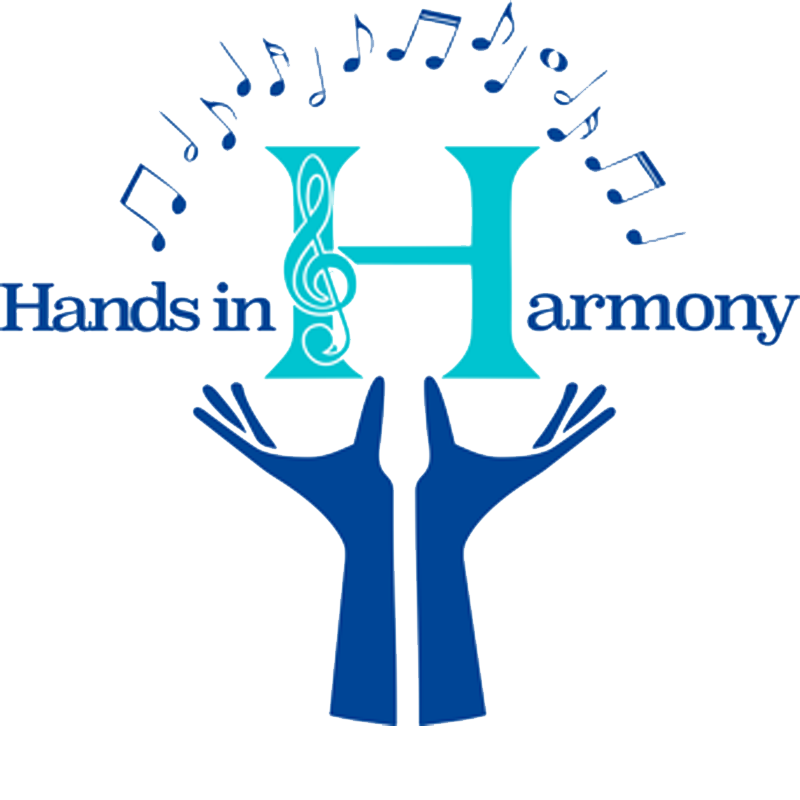


Register
Course Information
- Audience: Nurses, community
health workers, public health professionals, organization leaders/directors,
related disciplines
- Format: Webinar
- Date/Time: Wednesday, May 13, 2020 12:00 EST
- Price: Free
- Length: 2 part series, 1 hour each
- Credential(s) eligible for contact hours: Sponsored by New England Public Health Training Center (NEPHTC), a designated provider of continuing education contact hours (CECH) in health education by the National Commission for Health Education Credentialing, Inc. This program is designated for Certified Health Education Specialists (CHES) and/or Master Certified Health Education Specialists (MCHES) to receive up to 1 total Category I continuing education contact hour. Maximum advanced-level continuing education contact hour is 1. Provider ID: 1131137 Event ID: PM1131137_0422020.
If you are not seeking a CHES/MCHES contact hours, if you complete the evaluation, you will receive a Certificate of Completion. The Certificate will include the length of the course. - Competencies: Community Partnership Skills
- Learning Level: Awareness
- Companion Trainings:
Music Therapy Impact on Population Health: RI Experience and Beyond
- Supplemental materials: Course Schedule and PowerPoint
- Pre-requisites: None
About this Webinar
This webinar will provide an overview of the role of the role of Neurologic Music Therapy and interdisciplinary partnerships for successful client impact in RI. The early intervention model will be used to discuss replicable options for programming as well as roles and responsibilities for each organization/provider.
Music is innate and preferred by the majority of the population. Evidence based music therapy interventions engage multiple regions of the brain to elicit positive health and behavioral health change. Hands in Harmony strives to increase impact through the formation of social groups to increase education and awareness and target the community at large.
What you'll learn
At the end of the course, participants will be able to:
- Describe role of music therapy in an interdisciplinary program model
- Discuss opportunities that might exist in your current position for interdisciplinary opportunities
- Discuss opportunities for sustainability for arts-based programs in healthcare
- Discuss roles and responsibilities of each organization (facility, state, arts-based organization) in a successful interdisciplinary collaboration
Subject Matter Expert
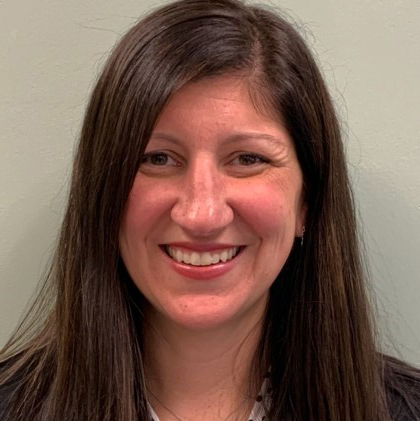
Nicole O’Malley MA, MT-BC, LPMT, NMT/F
Executive Director/President
Neurologic Music Therapist
Hands in Harmony
Music Therapy Faculty-University of Rhode Island
Nicole O'Malley, Executive Director and Licensed Neurologic Music Therapist founded Hands in Harmony in 2003 after receiving her BM in Music Therapy from Anna Maria College. She completed training in Neurologic Music Therapy in 2007 and her Fellowship in Neurologic Music Therapy in 2016. Nicole received her MA in music therapy through Berklee college of music focusing on researching the neurobiology of the role of music in the stress and relaxation response. Nicole received level 1 NICU training in 2017. She serves as the chair of the Government Relations Committee for the New England Region American Music Therapy Association and chair of the music therapy task force of Rhode Island throughout the passing of the music therapy licensure in RI. She is music therapy faculty at URI and is passionate about interdisciplinary opportunities, increasing impact through population health, and data collection.
Registration and Contact Hours
Select the Enroll button below to register for this webinar. If you have any trouble accessing the webinar, contact support@nephtc.org.
Acknowledgement: This project is/was supported by the Health Resources and Services Administration (HRSA) of the U.S. Department of Health and Human Services (HHS) under grant number UB6HP31685 “Regional Public Health Training Center Program.” This information or content and conclusions are those of the author and should not be construed as the official position or policy of, nor should any endorsements be inferred by HRSA, HHS or the U.S. Government.
* Yale School of Public Health, Office of Public Health Practice, a New England Public Health Training Center partner, is a designated provider of continuing education contact hours (CECH) in health education by the National Commission for Health Education Credentialing, Inc. All CHES credit inquiries are managed by YSPH

Introduction to Resource Management in Health Organizations and Nonprofits
As a public health leader, are you adept in resource management and fiscal principles, concepts and tools or are you looking to further your knowledge and skills in this area?



Register
Course Information
- Audience: Public health workforce
- Format: Webinar
- Date/Time: Wednesday, February 2nd, 2022 12:00 pm - 1:30 pm ET
- Price: Free
- Length: 1.5 hours
- Credential(s) eligible for contact hours: Sponsored by New England Public Health Training Center (NEPHTC), a designated provider of continuing education contact hours (CECH) in health education by the National Commission for Health Education Credentialing, Inc. This program is designated for Certified Health Education Specialists (CHES) and/or Master Certified Health Education Specialists (MCHES) to receive up to 1 total Category I continuing education contact hours. Maximum advanced-level continuing education contact hours are 1. Provider ID: 1131137 Event ID: PM1131137_02022022.
If you are not seeking a CHES/MCHES contact hours, if you complete the evaluation, you will receive a Certificate of Completion. The Certificate will include the length of the course. - Competencies: Management and Finance Skills
- Learning Level: Awareness
- Companion Trainings: None
- Supplemental materials:None
- Pre-requisites: None
About this Webinar
This webinar will examine the various aspects of resource management in health care, health organizations and nonprofits. Resource management is the evidence-based process by which health care organizations effectively distribute human, capital, supply and data resources in a manner that assures operational and financial stability for the organization and quality care for individuals.
Traditionally in health and social service organizations, resource management and fiscal and budgeting responsibilities have been the purview of the chief financial officer, accountants, and budget analysts. However, today, front-line managers are being called upon to integrate fiscal planning and resource management into their clinical and operational responsibilities.
This program is intended for public health leaders who have limited knowledge, skills and experience with resource and financial management and or those wish to review and/or refresh their knowledge of fiscal principles.
What you'll learn
After completing this course, participants will be able to:
- Describe the major resources in health care requiring a management approach
- Identify strategies and tools to monitor resource utilization
- Explain possible performance deviations through a variance analysis process
- Identify strategies for performance improvement in the resource management process
This webinar is recorded and made available within 2 business days of the webinar close. Please log in to view the recording in the section "View a Recording of the Webinar. "
Subject Matter Expert
-

Rebecca Arsenault, DHA, RN, FACHE
Rebecca serves as adjunct faculty and an adjunct academic partner in Southern New Hampshire University’s graduate healthcare administration program and adjunct faculty in University of New England’s graduate public health program. Dr. Arsenault has over thirty-five years of healthcare administrative experience in hospital chief executive officer, chief operating officer, and chief nursing officer roles.
Registration
Select the Enroll Me button below to register for this course. If you have any trouble accessing the course, contact support@nephtc.org.
Acknowledgement: This project is/was supported by the Health Resources and Services Administration (HRSA) of the U.S. Department of Health and Human Services (HHS) under grant number UB6HP31685 “Regional Public Health Training Center Program.” This information or content and conclusions are those of the author and should not be construed as the official position or policy of, nor should any endorsements be inferred by HRSA, HHS or the U.S. Government.
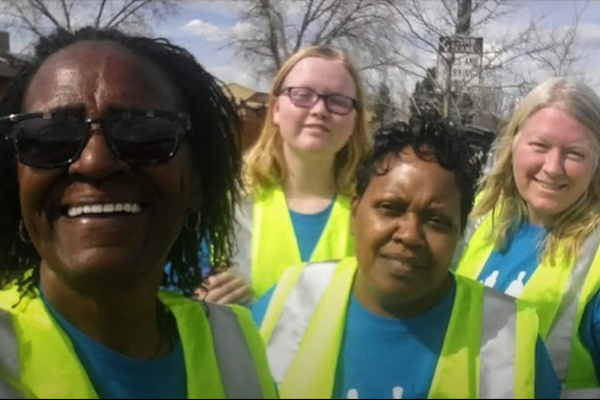

Our Voice: Harnessing Local Expertise to Create Healthier Communities
Learn more about this webinar!
Our Voice: Harnessing Local Expertise to Create Healthier Communities
How can community members use an app to capture their lived experience, become agents of change, and help their communities become healthier places to live?
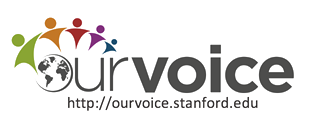
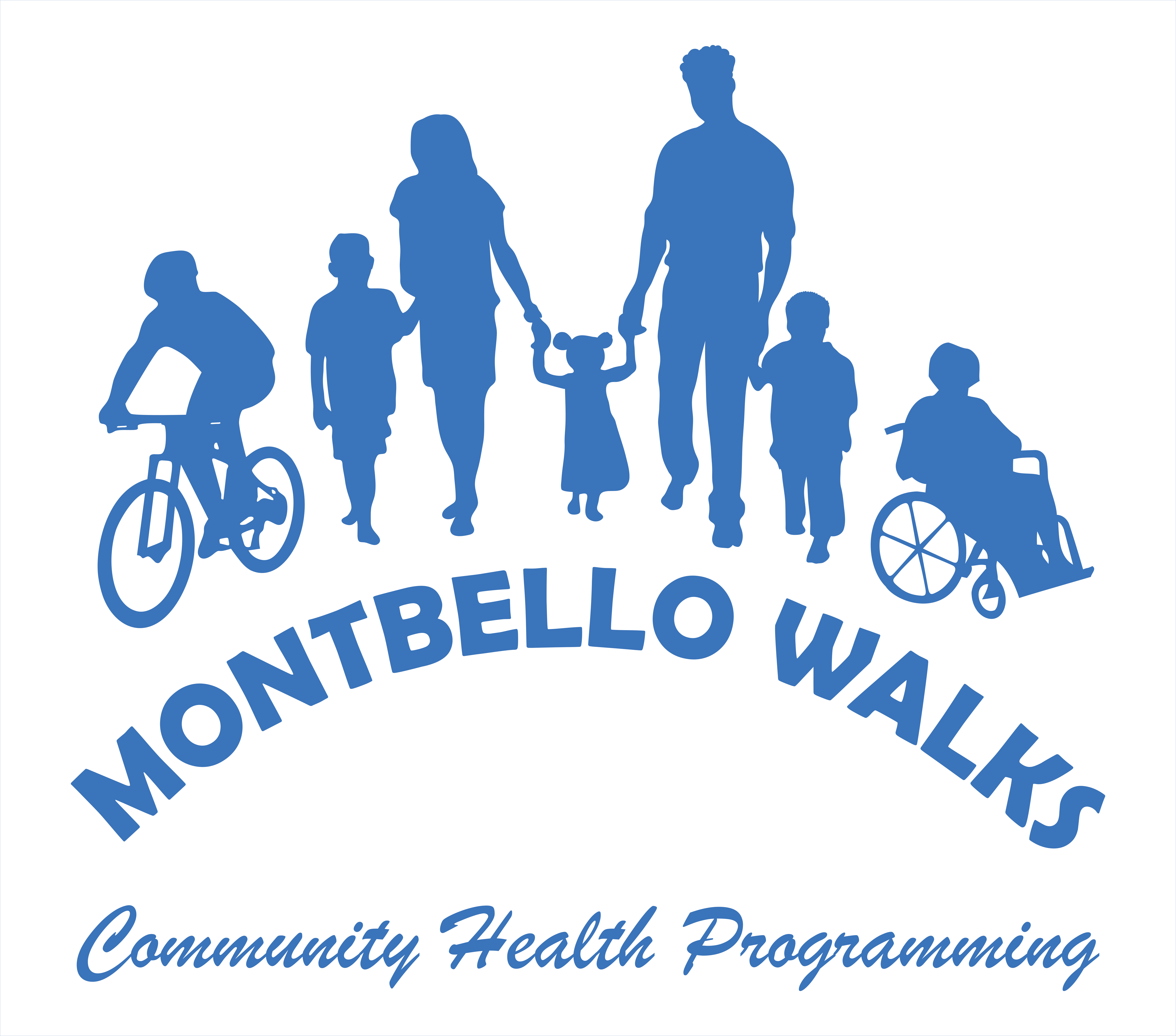

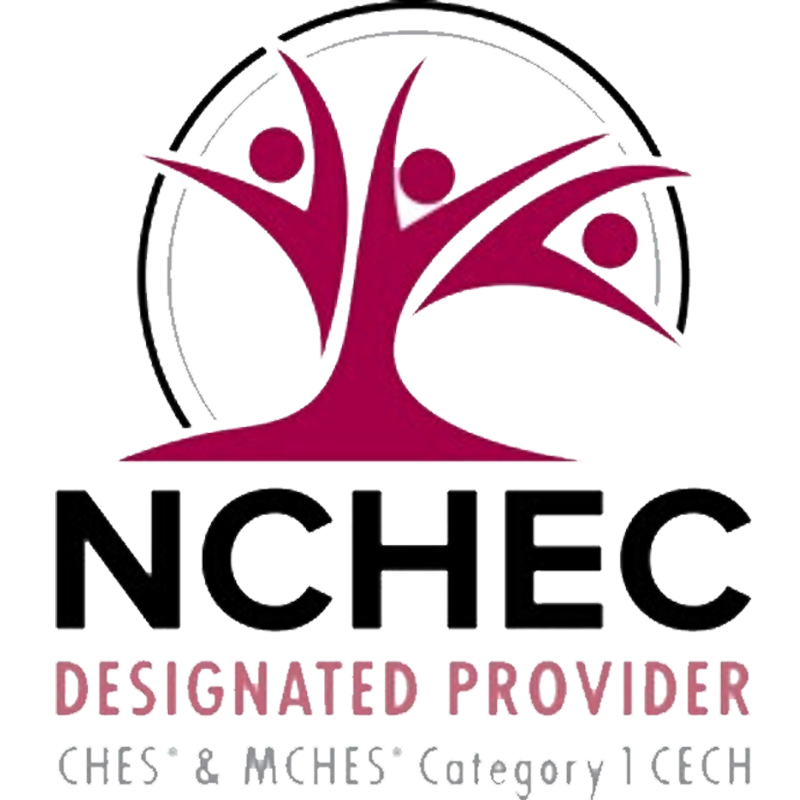
Course Information
- Audience: Public health professionals
- Format: Webinar
- Date/Time: Thursday, March 17th, 2022
12:00 - 1:00 PM EST - Price: Free
- Length: 1 hour
- Credential(s) eligible for contact hours: Sponsored by New England Public Health Training Center (NEPHTC), a designated provider of continuing education contact hours (CECH) in health education by the National Commission for Health Education Credentialing, Inc. This program is designated for Certified Health Education Specialists (CHES) and/or Master Certified Health Education Specialists (MCHES) to receive up to 1 total Category I continuing education contact hour. Maximum advanced-level continuing education contact hour is 1. Provider ID: 1131137 Event ID: PM1131137_03172022
If you are not seeking CHES/MCHES contact hours, if you complete the evaluation, you will receive a Certificate of Completion. The Certificate will include the length of the course.
- Competencies: Community Partnership Skills
- Learning Level: Awareness
- Companion Trainings: None
- Supplemental materials:None
- Pre-requisites None
About this Webinar
Nobody knows the lived reality of a community better than the residents themselves. The Stanford Our Voice Initiative offers community groups tools and resources to help harness and activate this wisdom, and create healthier communities for all. During this session we will walk through the Our Voice approach, and highlight the inspiring work of a Denver grandma turned “streetfighter,” who has used data and built collaborations to generate changes that support healthy living in the Montbello neighborhood of Denver, Colorado.
Like many underresourced communities, Denver’s Montbello neighborhood has lower socioeconomic status and poorer health outcomes than wealthier areas of the city. In 2016, a Park-n-Ride was moved from Montbello to a light-rail hub 2 miles away. While the new location provides easy car access and ample parking for drivers, Montbello’s pedestrians gained a dangerous commute down a 4-lane thoroughfare, decreasing community access to jobs, health care, schools, events, and city amenities. Forty-five year Montbello resident Pam Jiner was alarmed. As leader of a local GirlTrek group, she was already focused on getting African American women walking as a form of self-care and community engagement. When GirlTrek partnered with the evidence-based Stanford Our Voice Initiative to offer advocacy training, Pam stepped up. Using the Our Voice Discovery Tool app, she and her group became "citizen scientists," documenting environmental features that affected walkability between Montbello and the transportation hub. The data they gathered – geotagged photos, narratives, ratings, and walking maps – told a collective story that the group analyzed, prioritized, and used to generate recommendations for change. Pam also invited a wide range of local stakeholders and decision-makers to walk with her and experience the barriers first-hand. Four years later, Pam shares her story as a self-proclaimed “Street Fighter,” the built environment changes that she worked with others to make, and the ripple effects at the individual, social, and policy levels.
What you'll learn
At the end of the course, participants will be able to:
- List 4 specific strategies for community members to create change in local environments “from the bottom-up”
- Describe the importance of data, including the systematic capture of local perspectives and insights, in advocating for community-level change
- Assess the applicability of the Our Voice citizen science approach to a range of community-based efforts to address social determinants of health and improve health equity
This webinar will be recorded and made available within 2 business days of the webinar close. Please log in to view the recording in the section "View a Recording of the Webinar." "
More about the Our Voice Initiative
The evidence-based Our Voice Initiative is a not-for-profit social enterprise within the Stanford School of Medicine, offering diverse collaborators a set of tools and resources to advance community-driven solutions through citizen science. The ultimate goal of Our Voice is to advance health equity by giving everyone, regardless of age of social and economic circumstances, the opportunity to lead a healthy life. Through a remote train-the-trainer model and locally-facilitated process, community members use the multilingual Stanford Discovery Tool mobile app to record geotagged photos, narratives, ratings, and maps that document features of their environment that impact health and quality of life. After data are uploaded to a secure Stanford server, local facilitators can create user-friendly reports to return to the citizen scientists. The citizen scientists then review and analyze collective findings, prioritize areas for change, and use their own data to partner with local decision-makers and drive improvements that promote health in their local communities. For more information, visit http://ourvoice.stanford.edu
Subject Matter Expert

Pam Jiner
Pam Jiner is a community organizer and proud 45-year resident of Denver’s Montbello neighborhood. A leader in the GirlTrek health movement for black women and girls, she also founded Montbello Walks in 2018; leads the Senior Steppers walking group; and started a Mobile Food Pantry that delivered 875,000 pounds of food during the 2020 pandemic. Pam is a tireless advocate for safe and equitable city streets, sidewalks, schools and parks in the community she loves.
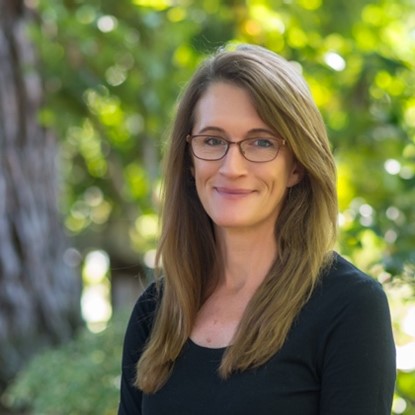
Ann Banchoff
Moderator
Ann Banchoff, MSW, MPH, is Director of Community Engagement for the Our Voice Initiative at the Stanford School of Medicine. She has a background in public health, social work, and international human rights, as well as broad experience in developing and sustaining community-academic partnerships. Ann co-founded the Office of Community Health at the Stanford University School of Medicine in 2005, and served as its Director of Educational Programs until late 2014.
Registration
Select the Enroll Me button below to register for this webinar. If you have any trouble accessing the webinar, contact support@nephtc.org.
Acknowledgement: This project is/was supported by the Health Resources and Services Administration (HRSA) of the U.S. Department of Health and Human Services (HHS) under grant number UB6HP31685 “Regional Public Health Training Center Program.” This information or content and conclusions are those of the author and should not be construed as the official position or policy of, nor should any endorsements be inferred by HRSA, HHS or the U.S. Government.
* Yale School of Public Health, Office of Public Health Practice, a New England Public Health Training Center partner, is a designated provider of continuing education contact hours (CECH) in health education by the National Commission for Health Education Credentialing, Inc. All CHES credit inquiries are managed by YSPH

Change Management in a Challenging Healthcare Environment: Delivering with Maximum Impact
What can we learn from change management theory and each other to inform our change leadership in the current fatigued environment?



Register
Course Information
- Audience: Public health workforce
- Format: Webinar
- Date/Time: Thursday, July 21, 2022 12:00 pm - 1:30 pm ET
- Price: Free
- Length: 1.5 hours
- Credential(s) eligible for contact hours: Sponsored by New England Public Health Training Center (NEPHTC), a designated provider of continuing education contact hours (CECH) in health education by the National Commission for Health Education Credentialing, Inc. This program is designated for Certified Health Education Specialists (CHES) and/or Master Certified Health Education Specialists (MCHES) to receive up to 1.5 total Category I continuing education contact hours. Maximum advanced-level continuing education contact hours are 1.5. Provider ID: 1131137 Event ID: PM1131137_05262022.
If you are not seeking a CHES/MCHES contact hours, if you complete the evaluation, you will receive a Certificate of Completion. The Certificate will include the length of the course. - Competencies: Management and Finance Skills
- Learning Level: Awareness, Performance
- Companion Trainings: None
- Supplemental materials:None
- Pre-requisites: None
About this Webinar
This session is designed to take public health professionals through an interactive and participatory group discussion on leading change in the public health and healthcare settings. In this session, the speaker will provide an overview of change management theories, change management applications, how to create a sense of urgency as a pre-condition for change, how public health professionals should think about when leading change, and the current level of fatigue observed in the healthcare system within the context of change management in the current environment.
What you'll learn
After completing this course, participants will be able to:
- Explain change management theories and their applications
- Identify ways to create a sense of urgency when leading change
- Apply change in public health and healthcare settings
Subject Matter Expert
-
Louise Keogh Weed
Program Director, Leadership Strategies for Evolving Health Care Executives Program, Practice Transformation Specialist, Harvard Medical School Center for Primary Care
Louise Keogh Weed has her Masters in Public Health in Health Policy and Management from Harvard School of Public Health. Since then, Louise has worked in quality improvement and patient safety in the Boston hospital system. Most recently, she served as the Director of Medical Management and Improvement at Codman Square Health Center, a unique health center in Dorchester known for its leadership in innovation. In this role, Louise oversaw all Primary Care innovation work, created the infrastructure for organizational innovation, and worked with Medical leadership on management of the Provider practice. Louise is an instructor at HSPH, teaching in the department of Health Management and is the Co-Director of Leadership Strategies for Evolving Healthcare Executives. Louise is especially interested in non-profit strategy and leadership. Louise has a BA in Women’s Studies from Tufts University and is committed to equity, including racial and social justice, as part of all of her work. In 2018, Louise and her husband adopted an amazing dog named Mugsy.
Registration
Select the Enroll Me button below to register for this course. If you have any trouble accessing the course, contact support@nephtc.org.
Acknowledgement: This project is/was supported by the Health Resources and Services Administration (HRSA) of the U.S. Department of Health and Human Services (HHS) under grant number UB6HP31685 “Regional Public Health Training Center Program.” This information or content and conclusions are those of the author and should not be construed as the official position or policy of, nor should any endorsements be inferred by HRSA, HHS or the U.S. Government.

Maine KIDS COUNT Data Book and Data Center
How can public health professionals and policymakers use the Maine KIDS COUNT Data Book and the online KIDS COUNT Data Center to make data-informed decisions to support Maine children and families?
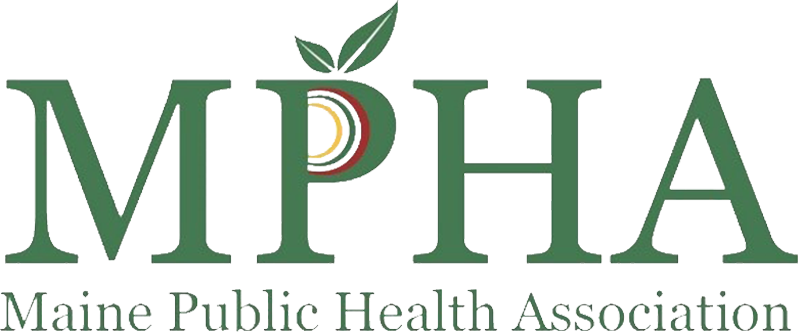
Register
Course Information
- Audience: All public health professionals working in nonprofits, healthcare, educational institutions, government and private sector
- Format: Webinar
- Date/Time: Thursday, December 7th, 2023 12:00 PM – 1:00 PM ET.
- Price: Free
- Length: 1 hour
- Credential(s) eligible for contact hours: Sponsored by New England Public Health Training Center (NEPHTC), a designated provider of continuing education contact hours (CECH) in health education by the National Commission for Health Education Credentialing, Inc. This program is designated for Certified Health Education Specialists (CHES) and/or Master Certified Health Education Specialists (MCHES) to receive up to 1 total Category I continuing education contact hours. Maximum advanced-level continuing education contact hours are 1. Provider ID: 1131137 Event ID: PM1131137_12072023.
If you are not seeking a CHES/MCHES contact hours, if you complete the post-test and evaluation, you will receive a Certificate of Completion. The Certificate will include the length of the course.
- Competencies: Data Analytics and Assessment Skills
- Learning Level: Awareness
- Companion Trainings: None
- Supplemental materials:None
- Pre-requisites: None
About this Webinar
The Maine KIDS COUNT Data Book is produced by the Maine Children's Alliance every other year - the comprehensive report of the physical, social, economic, and educational well-being of children in Maine. The Data Book as well as the interactive KIDS COUNT Data Center can serve as useful resources to advocates and decision-makers, to ensure policies and programs are centered in supporting and strengthening families. Find out about key takeaways and opportunities to address inequities apparent in the latest data on how children and families are faring in our state.
What you'll learn
At the end of the recording, participants will be able to:
- Describe the Maine KIDS COUNT Data Book
- Identify where to view the interactive Maine KIDS COUNT data dashboard Data Center
- Identify data-informed strategies that support Maine children and families more
Subject Matter Expert

Helen Hemminger
Helen Hemminger is the Research and KIDS COUNT Associate at Maine Children’s Alliance.
Registration
Select the Enroll Me button below to register for this recording. If you have any trouble accessing the recording, contact support@nephtc.org.
Acknowledgement: This project is supported by the Health Resources and Services Administration (HRSA) of the U.S. Department of Health and Human Services (HHS) as part of award 2 UB6HP31685‐05‐00 “Public Health Training Centers.” The contents are those of the author(s) and do not necessarily represent the official views of, nor an endorsement, by HRSA, HHS or the U.S. Government.

Course Information
- Audience: Public Health Practitioners/ Professionals including Community Health Workers
- Format: Webinar
- Date/Time: September 23, 2020
12:00 - 1:00 PM EST - Price: Free
- Length: 1 hour
- Credential(s) eligible for contact hours: Sponsored by New England Public Health Training Center (NEPHTC), a designated provider of continuing education contact hours (CECH) in health education by the National Commission for Health Education Credentialing, Inc. This program is designated for Certified Health Education Specialists (CHES) and/or Master Certified Health Education Specialists (MCHES) to receive up to 1 total Category I continuing education contact hours. Maximum advanced-level continuing education contact hours are 1. Provider ID: 1131137 Event ID:
PM1131137_09232020.
If you are not seeking CHES/MCHES contact hours, if you complete the evaluation, you will receive a Certificate of Completion. The Certificate will include the length of the course. - Competencies: Leadership and Systems Thinking Skills
- Learning Level: Awareness
- Companion Trainings: None
- Supplemental materials:Session PowerPoint
- Pre-requisites None
About this Webinar
"Call-outs happen when people publicly shame each other online, at the office, in classrooms or anywhere humans have a beef with one another. But I believe there are better ways of doing social justice work." _ Loretta Ross, The New York Times, August 17, 2019
What you'll learn
At the end of the webinar, participants will be able to:
- Define Calling Out culture and explain its toxic impact
- Identifying situations in which Calling Out occurs
- List three techniques for Calling In for your public health practice
Subject Matter Expert

Loretta RossAssociate Professor at Smith College
Loretta Ross is a Visiting Associate Professor at Smith College in the Program for the Study of Women and Gender for the 2019-2021 academic years.
She started her career in activism and social change in the 1970s, working at the National Football League Players’ Association, the D.C. Rape Crisis Center, the National Organization for Women (NOW), the National Black Women’s Health Project, the Center for Democratic Renewal (National Anti-Klan Network), the National Center for Human Rights Education, and SisterSong Women of Color Reproductive Justice Collective, until retiring as an organizer in 2012 to teach about activism. Her passion transforms anger into social justice to change the world.
Her most recent books are Reproductive Justice: An Introduction co-written with Rickie Solinger, and Radical Reproductive Justice: Foundations, Theory, Practice, Critique, both published in 2017. Her forthcoming book is Calling In the Calling Out Culture: Detoxing Our Movement due out in 2020.
She has appeared on CNN, BET, "Lead Story," "Good Morning America," "The Donahue Show," the National Geographic Channel, and "The Charlie Rose Show.” She has been quoted in the New York Times, Time Magazine, The Los Angeles Times, and the Washington Post, among others.
Her activism began as a rape and incest survivor as a teen mother. She graduated college at age 55. She is from San Antonio, TX and lives in Atlanta, GA. She is a mother and grandmother, and an avid pinochle player. Her dream is to see Venus and Serena Williams play tennis in person.
Registration
Select the Enroll Me button below to register for this webinar. If you have any trouble accessing the webinar, contact support@nephtc.org.
Acknowledgement: This project is/was supported by the Health Resources and Services Administration (HRSA) of the U.S. Department of Health and Human Services (HHS) under grant number UB6HP31685 “Regional Public Health Training Center Program.” This information or content and conclusions are those of the author and should not be construed as the official position or policy of, nor should any endorsements be inferred by HRSA, HHS or the U.S. Government.
* Yale School of Public Health, Office of Public Health Practice, a New England Public Health Training Center partner, is a designated provider of continuing education contact hours (CECH) in health education by the National Commission for Health Education Credentialing, Inc. All CHES credit inquiries are managed by YSPH

Course Information
- Audience: Heads of local or regional health departments and managers or directors in city or state public health agencies in Massachusetts; managers of community organizations may also find valuable
- Format: Recorded Online Webinar
- Date/Time: November 29, 2016, 9:00-11:30am (Eastern Time)
- Price: Free
- Length: 1 hour and 46 minutes
- Credential(s) eligible for contact hours: Certificate of completion
- Competencies: None
- Learning Level: Performance
- Supplemental materials: PowerPoint
- Technical Requirements: Modern web browser, such as Internet Edge, Chrome, Firefox, or Safari. Speakers or headphones
- Companion Training: Managing Effectively in Today's Public Health Environment
- Pre-requisites: None
About this Webinar
What trends are happening in the external environment that are affecting the public health organization and how can you manage them? How can contemporary theories of management and motivation inform your work? Learn about the skills needed for managers to thrive in today’s new normal.
What you'll learn
At the end of the course, participants will be able to:
- Classify trends affecting public health organizations today into one of five types
- Give two examples of consequences of the trends on public health organizations
- Name two contemporary theories of management and two parts to employee engagement
- Identify four effects of contemporary theories of management and motivation on organizations today
- Describe three skills needed to thrive in the “new normal”
Subject Matter Expert

Brenda Wagenknecht-Ivey, Ph.D.
CEO
Praxis Consulting, Inc.
Registration and Contact Hours
Select the Enroll button below to register for this webinar. If you have any trouble accessing the webinar, contact trainingmanager@nephtc.org.
The Certificate of Completion will include the length of the webinar. Generally 50 – 60 minutes is equivalent to 1 contact hour. Contact hours may be applicable towards continuing education requirements for certain credentials. Check with your credentialing body to verify if the topic meets its continuing education requirements.
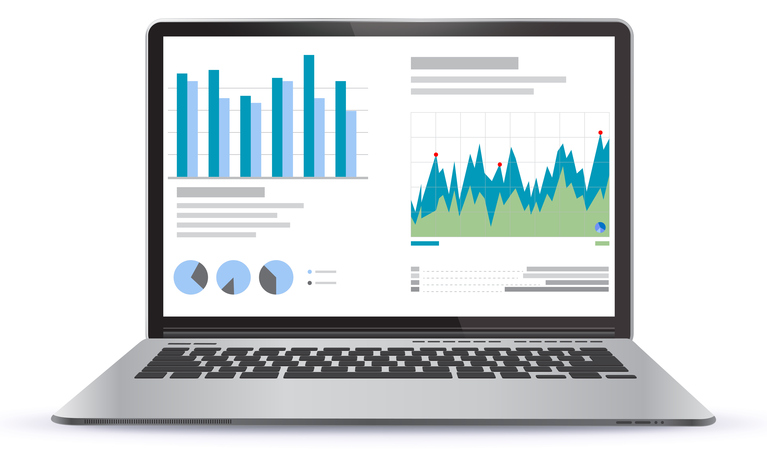
Course Information
- Audience: Heads of local or regional health departments and managers or directors in city or state public health agencies in Massachusetts; managers of community organizations may also find valuable
- Format: Recorded Online Webinar
- Date/Time: February 28, 2017, 9:00-11:00am (Eastern Time)
- Price: Free
- Length: 1 hour and 32 minutes
- Credential(s) eligible for contact hours: Certificate of Completion
- Competencies: Leadership and Systems Thinking Skills
- Learning Level: Performance
- Supplemental materials: PowerPoint
- Technical Requirements: Modern web browser, such as Internet Edge, Chrome, Firefox, or Safari. Speakers or headphones
- Companion Training: Managing Effectively in Today's Public Health Environment
- Pre-requisites: None
About this Webinar
What are the principles of evaluation and how can your agency use data for effective evaluation? Evaluation is one of the most important skills that public health practitioners can use to meet the needs of the population they serve, to understand what is needed in their particular population, and to demonstrate the effectiveness of programs and services. Governmental and private funders providing resources for public health services are really interested in knowing that programs make a difference and that money is being spent well. Databases of evidence based programs and services, and requirements to use the programs and services, are ways to share ideas, and to show how some programs work better for some populations than others. Learn about this important part of the public health skill set in this webinar.
What you'll learn
At the end of the course, participants will be able to:
- Summarize four basic principles of evaluation
- Describe three types of evaluation: formative, process, and outcome
- List five sources of quantitative data and five methods to collect qualitative data
- Learn about developing an evaluation plan for a public health program
Subject Matter Expert

Justeen Hyde, PhD
Center for Healthcare Outcomes and Implementation Research (CHOIR)
Bedford Veteran’s Administration
Registration and Contact Hours
Select the Enroll button below to register for this webinar. If you have any trouble accessing the webinar, contact trainingmanager@nephtc.org.
The Certificate of Completion will include the length of the webinar. Generally 50 – 60 minutes is equivalent to 1 contact hour. Contact hours may be applicable towards continuing education requirements for certain credentials. Check with your credentialing body to verify if the topic meets its continuing education requirements.

Course Information
- Audience: Heads of local or regional health departments and managers or directors in city or state public health agencies in Massachusetts; managers of community organizations may also find valuable
- Format: Recorded Online Webinar
- Date/Time: Feburary 21, 2017, 9:00-11:00am (Eastern Time)
- Price: Free
- Length: 1 hour and 16 minutes
- Credential(s) eligible for contact hours: Certificate of Completion
- Competencies: Leadership and Systems Thinking Skills
- Learning Level: Performance
- Supplemental materials: PowerPoint
- Technical Requirements: Modern web browser, such as Internet Edge, Chrome, Firefox, or Safari. Speakers or headphones
- Companion Training: Managing Effectively in Today's Public Health Environment
- Pre-requisites: None
About this Webinar
What is quality improvement and why is it important in public health? How can you see your current project in public health, and the health inequalities you want to solve, in the context of quality improvement? How does the Plan-Do-Study-Act (PDSA) cycle work in Quality Improvement? How do Quality Improvement activities help accreditation and how can the failure to develop skills in quality improvement hinder accreditation? Learn about these topics and more in this webinar.
What you'll learn
At the end of the course, participants will be able to:
- Contrast quality improvement, quality assurance, and evaluation
- Explain why quality improvement activities are necessary in today’s public health environment
- Describe the four phases of the PDSA quality improvement model
- Discuss two existing standards-based programs that support quality improvement
- List five benefits and three barriers to public health agency accreditation
Subject Matter Expert

Osagie Ebekozien MBBS, MPH, CPHQ, CPHRM
Director,
Office of Accreditation and Quality Improvement
Boston Public Health Commission (BPHC)
Registration and Contact Hours
Select the Enroll button below to register for this webinar. If you have any trouble accessing the webinar, contact trainingmanager@nephtc.org.
The Certificate of Completion will include the length of the webinar. Generally 50 – 60 minutes is equivalent to 1 contact hour. Contact hours may be applicable towards continuing education requirements for certain credentials. Check with your credentialing body to verify if the topic meets its continuing education requirements.
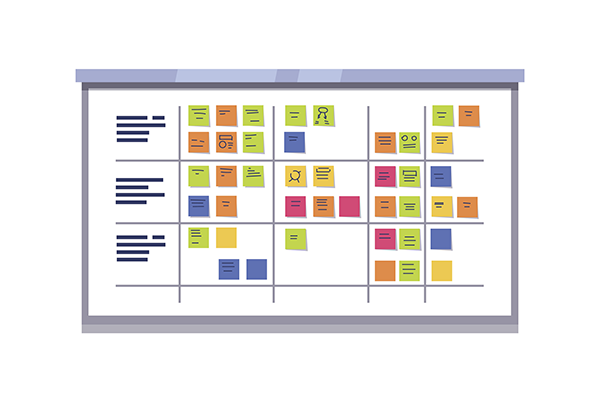
Course Information
- Audience: Heads of local or regional health departments and managers or directors in city or state public health agencies in Massachusetts; managers of community organizations may also find valuable
- Format: Recorded Online Webinar
- Date/Time: Feburary 14, 2017, 9:00-11:00am (Eastern Time)
- Price: Free
- Length: 1 hour and 16 minutes
- Credential(s) eligible for contact hours: Certificate of Completion
- Competencies: Communication Skills
- Learning Level: Performance
- Supplemental materials: PowerPoint
- Technical Requirements: Modern web browser, such as Internet Edge, Chrome, Firefox, or Safari. Speakers or headphones
- Companion Training: Managing Effectively in Today's Public Health Environment
- Pre-requisites: None
About this Webinar
Project Teams can be powerful forces in public health programs and departments, and they are complex to manage effectively. There are many tools available to help you manage projects. Beyond tools, what are the factors that drive project success and help you lead engaged project teams? Learn about these topics and more in this webinar.
What you'll learn
At the end of the course, participants will be able to:
- Describe the five phases of project management
- Give examples of three project management tools
- Summarize the four factors that lead to project success
- List five essential components of high performance teams
- Explain three engagement drivers for maximum job satisfaction and five for maximum job contribution
Subject Matter Expert

Brenda Wagenknecht-Ivey, Ph.D.
CEO
Praxis Consulting, Inc.
Registration and Contact Hours
Select the Enroll button below to register for this webinar. If you have any trouble accessing the webinar, contact trainingmanager@nephtc.org.
The Certificate of Completion will include the length of the webinar. Generally 50 – 60 minutes is equivalent to 1 contact hour. Contact hours may be applicable towards continuing education requirements for certain credentials. Check with your credentialing body to verify if the topic meets its continuing education requirements.

Course Information
- Audience: Heads of local or regional health departments and managers or directors in city or state public health agencies in Massachusetts; managers of community organizations may also find valuable
- Format: Recorded Online Webinar
- Date/Time: January 24, 2017, 9:00-11:00am (Eastern Time)
- Price: Free
- Length: 1 hour and 21 minutes
- Credential(s) eligible for contact hours: Certificate of Completion
- Competencies: Management and Finance Skills
- Learning Level: Performance
- Supplemental materials: PowerPoint
- Technical Requirements: Modern web browser, such as Internet Edge, Chrome, Firefox, or Safari. Speakers or headphones
- Companion Training: Managing Effectively in Today's Public Health Environment, Managing Budgets and Fiscal Resources: Part 1
- Pre-requisites: Managing Budgets and Fiscal Resources, Part 1
About this Webinar
This webinar continues the discussion on budget assessment and budget monitoring. It moves beyond the budget cycle, and provides tips for a simple persuasive budget narrative to focus on how you might think about specific budget line items. How does a top-down budget approach work within your environment? How do monthly budget reconciliations work? How do you read budgets and understanding variance reports? Though the concepts are the same, the vocabulary can vary in different organizations, and participants share variations. Learn more about managing budgets in this webinar.
What you'll learn
At the end of the course, participants will be able to:
- Classify budget line items into the correct type of budget: operational or capital
- List two pros and two cons of a top-down budget approach
- Describe the five steps in a monthly budget reconciliation process
- Confidently read budgets and variance reports
Subject Matter Expert

David A. Lagasse, MA, MHSA
Chief Financial Officer;
Senior Vice President of Fiscal Affairs, McLean Hospital
Registration and Contact Hours
Select the Enroll button below to register for this webinar. If you have any trouble accessing the webinar, contact trainingmanager@nephtc.org.
The Certificate of Completion will include the length of the webinar. Generally 50 – 60 minutes is equivalent to 1 contact hour. Contact hours may be applicable towards continuing education requirements for certain credentials. Check with your credentialing body to verify if the topic meets its continuing education requirements.





